
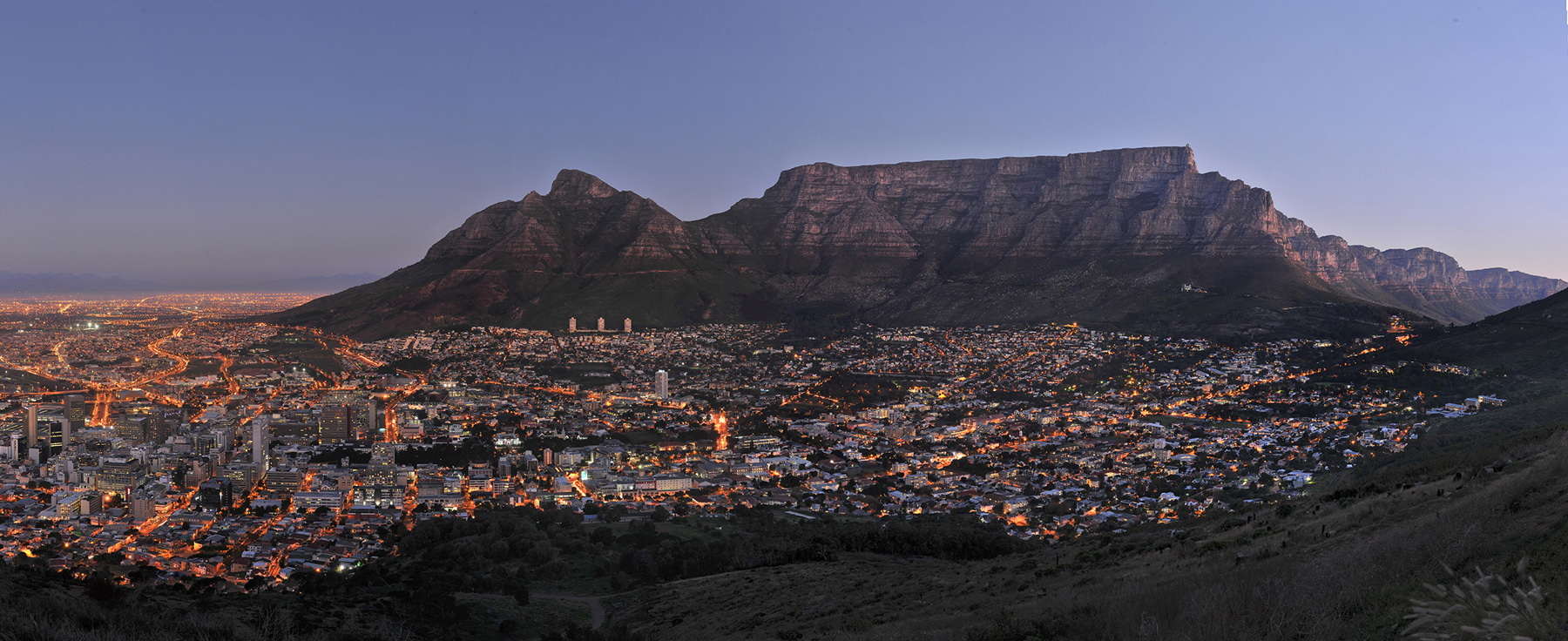
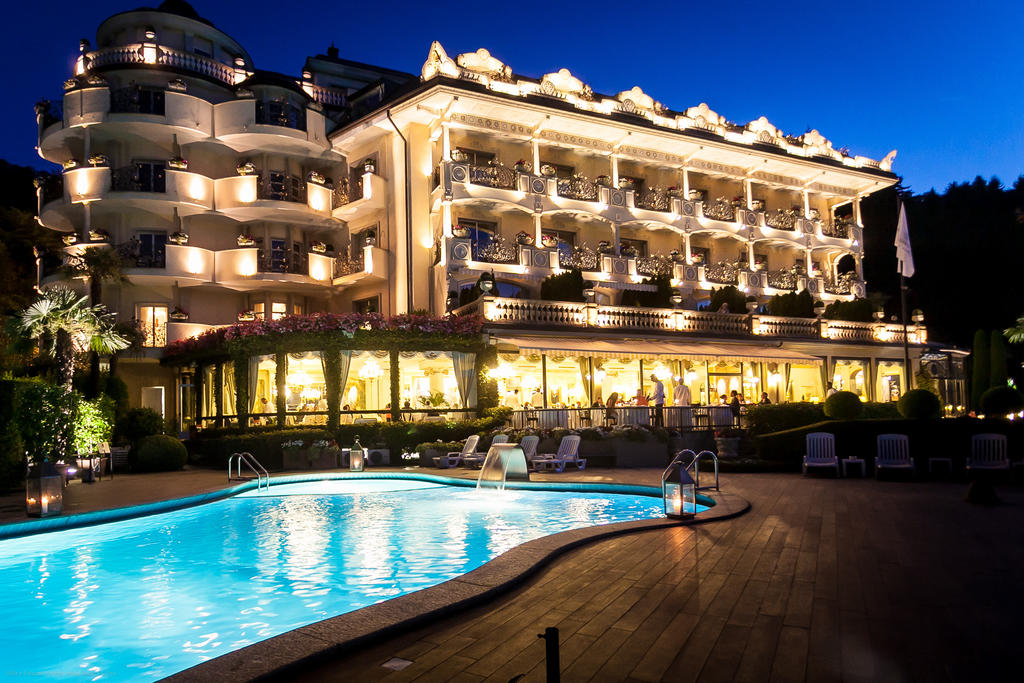
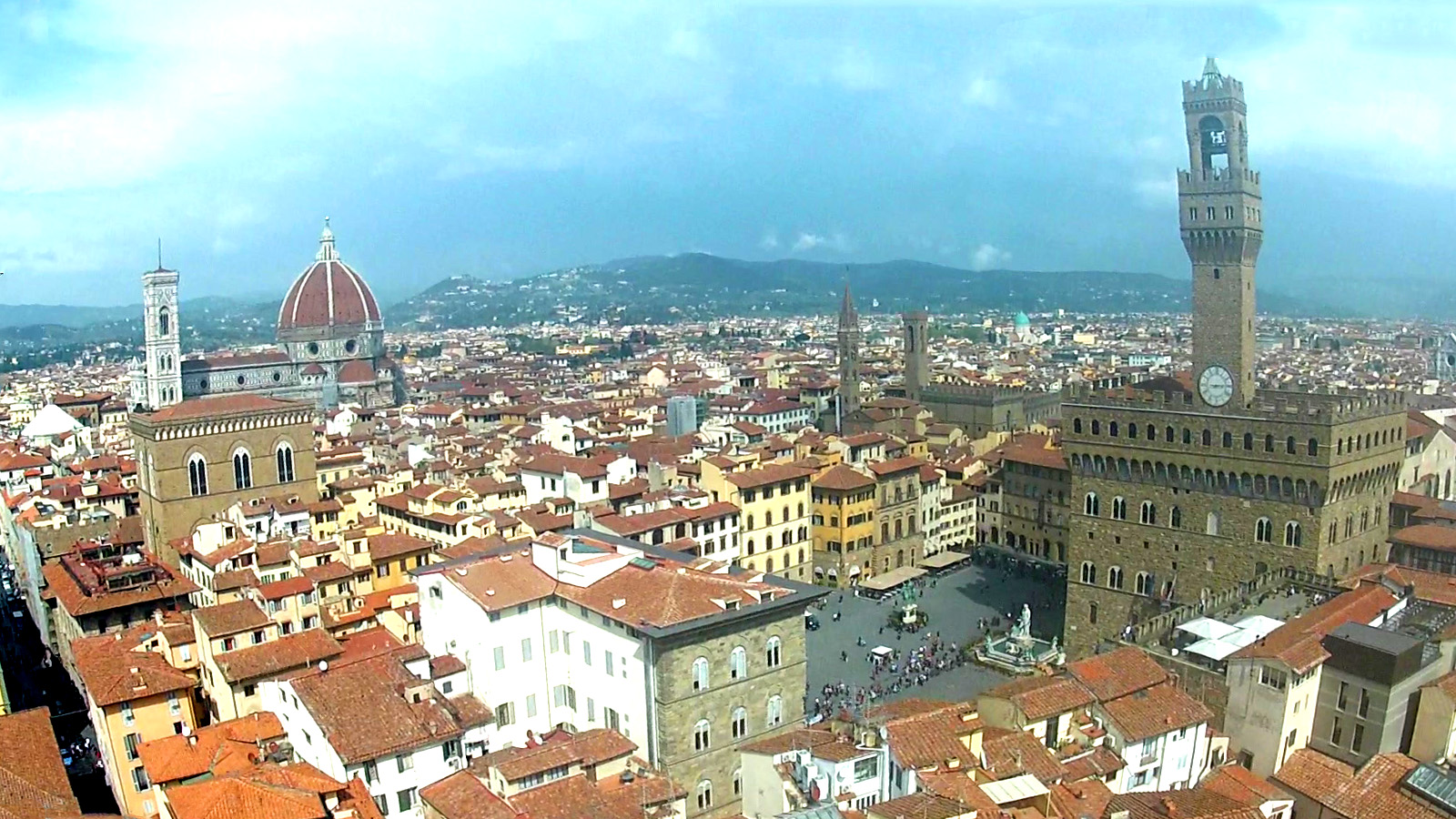

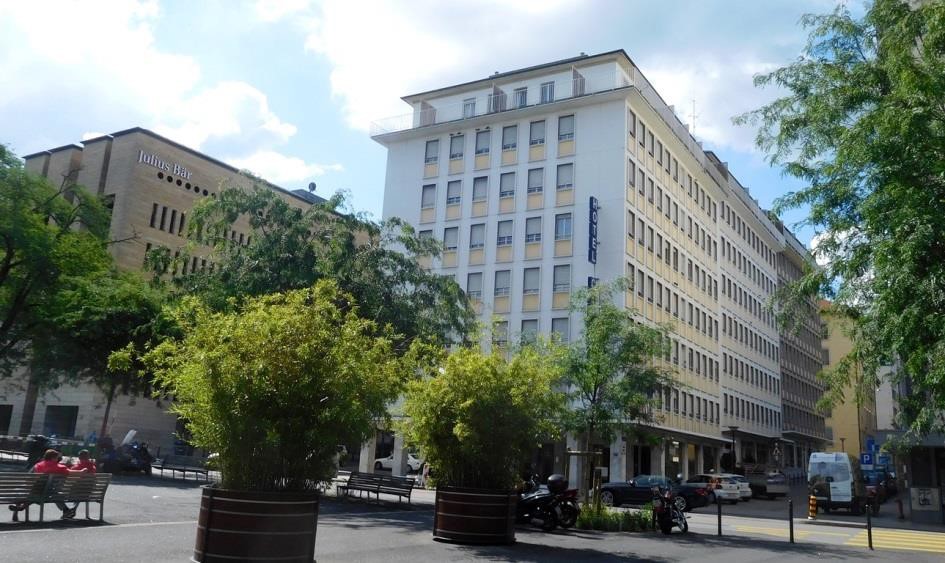
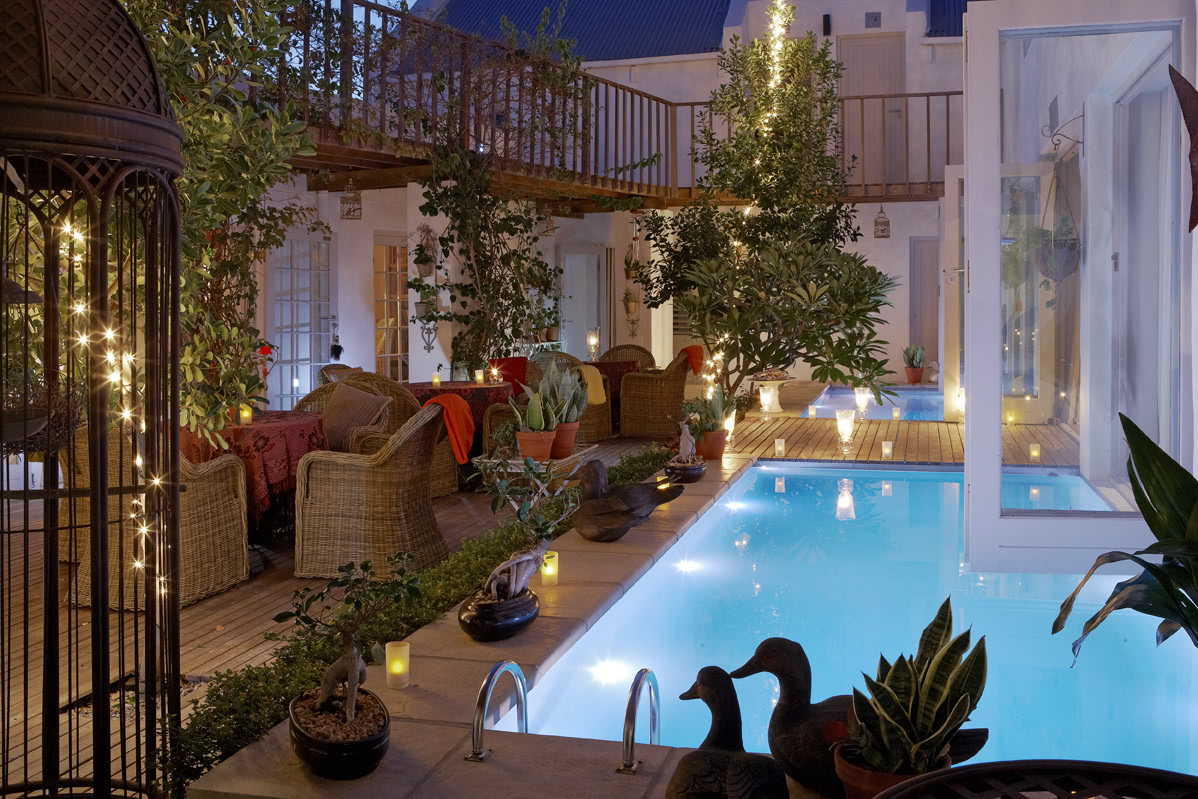
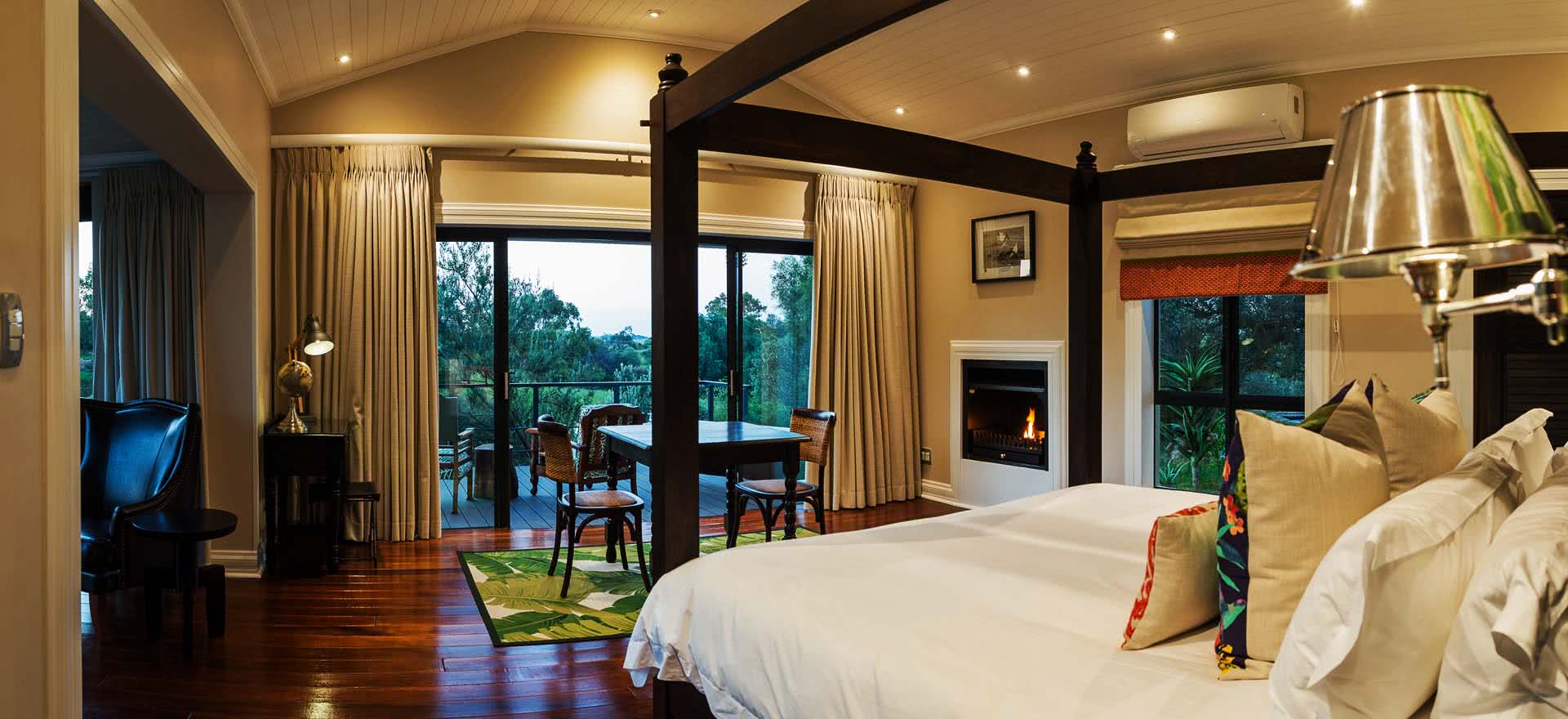
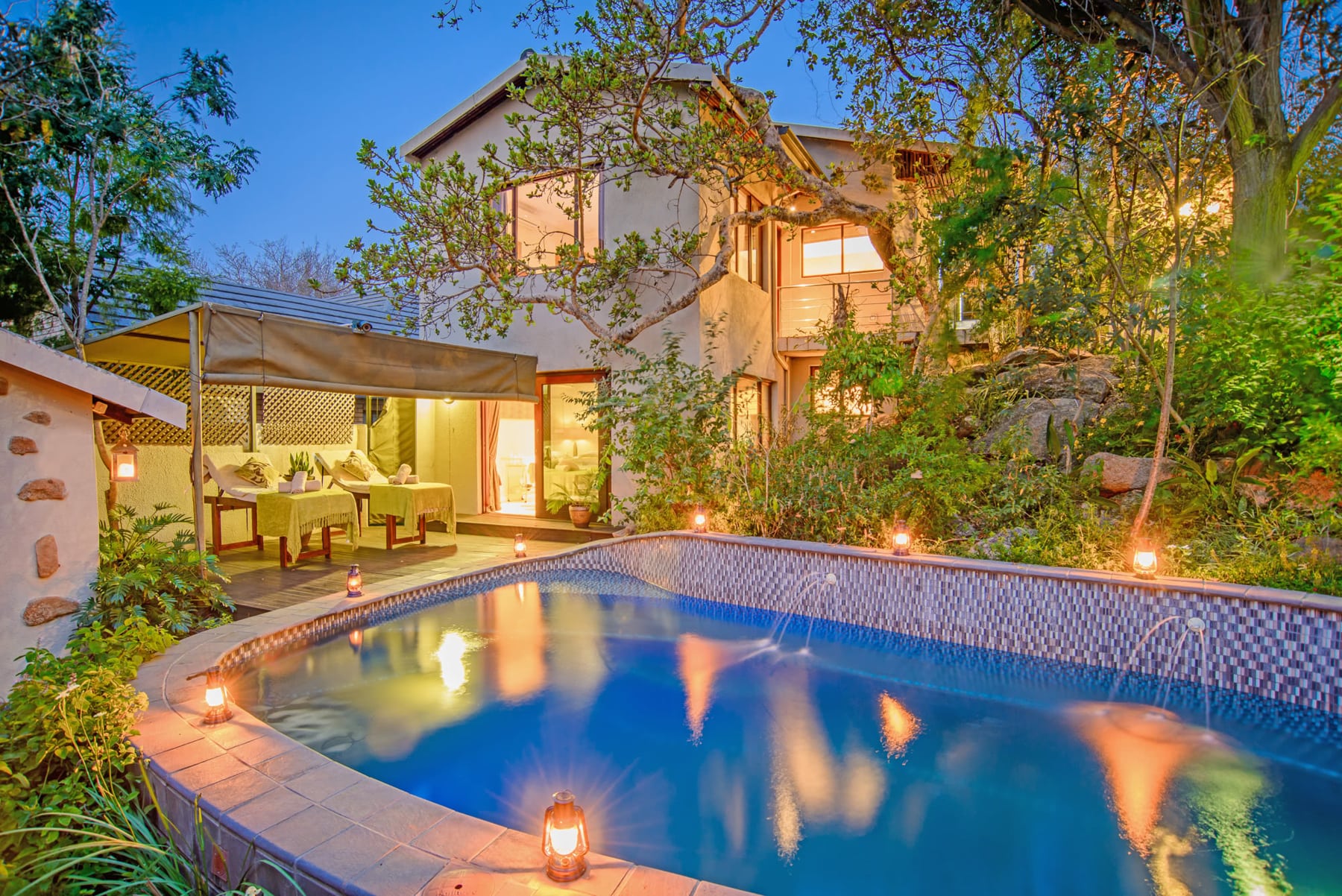

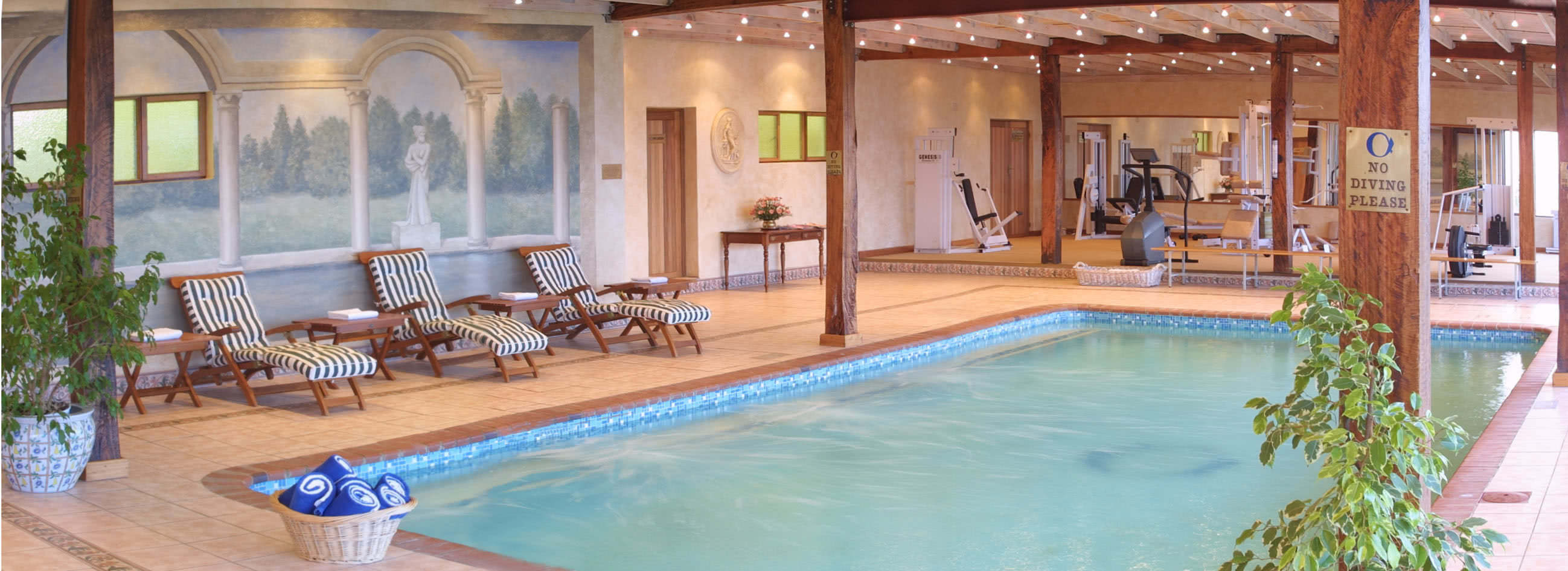
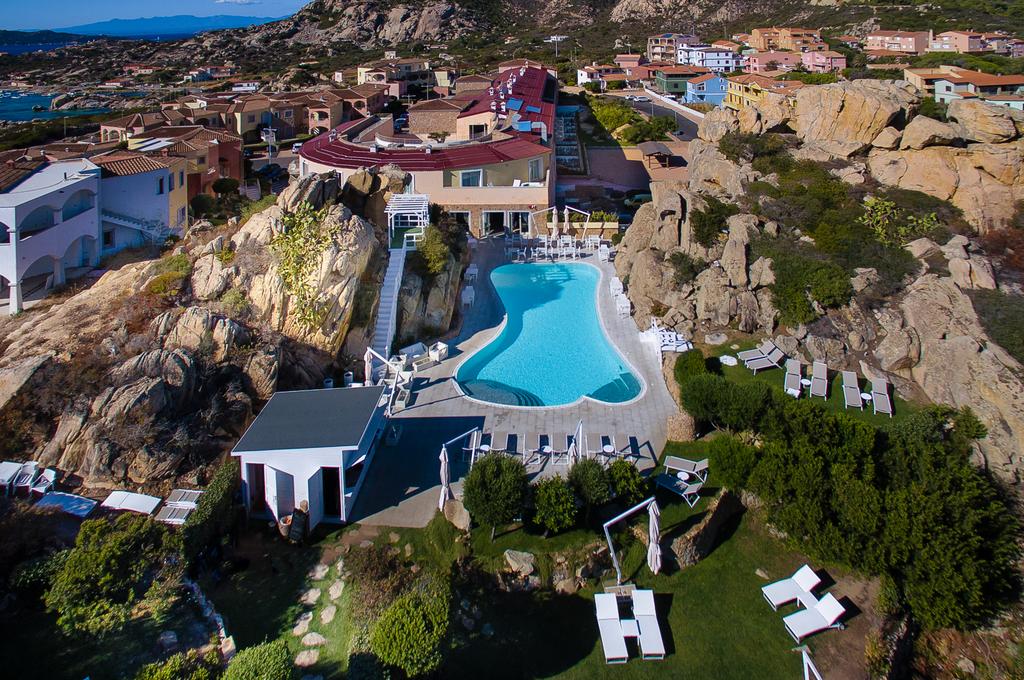
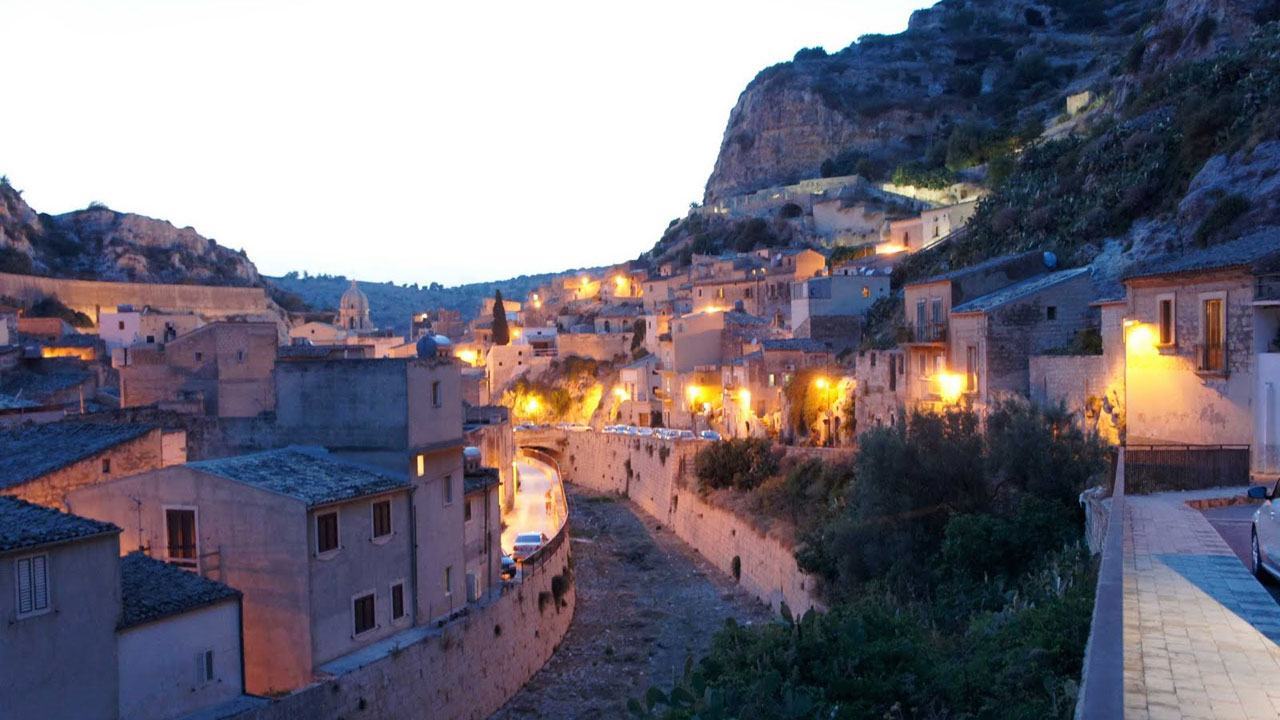
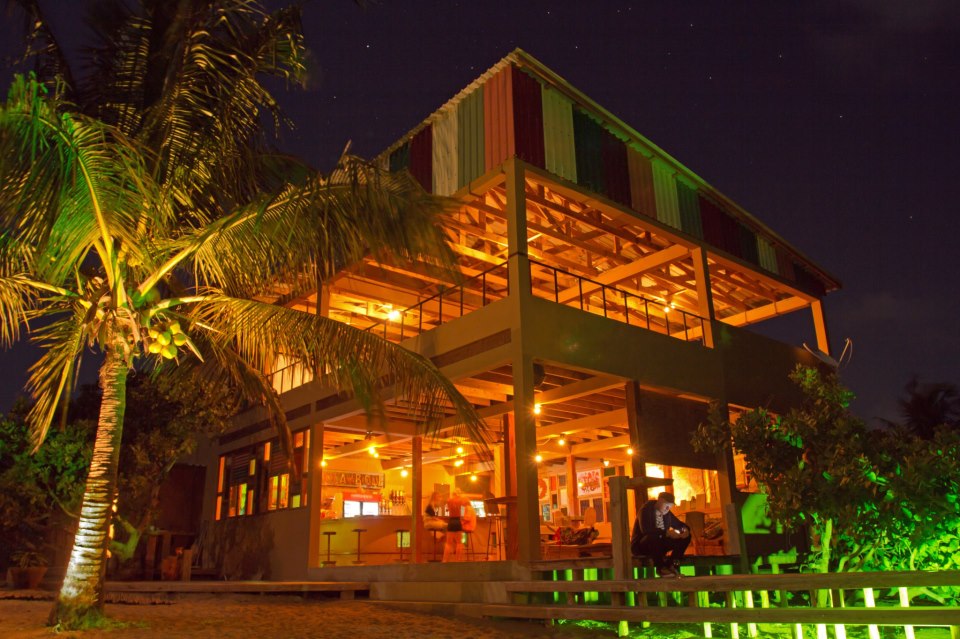
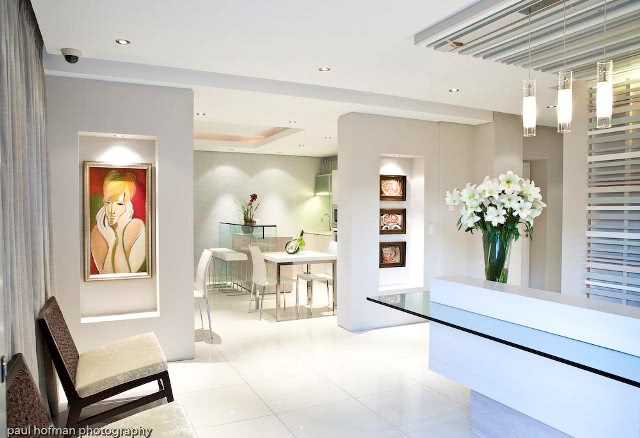
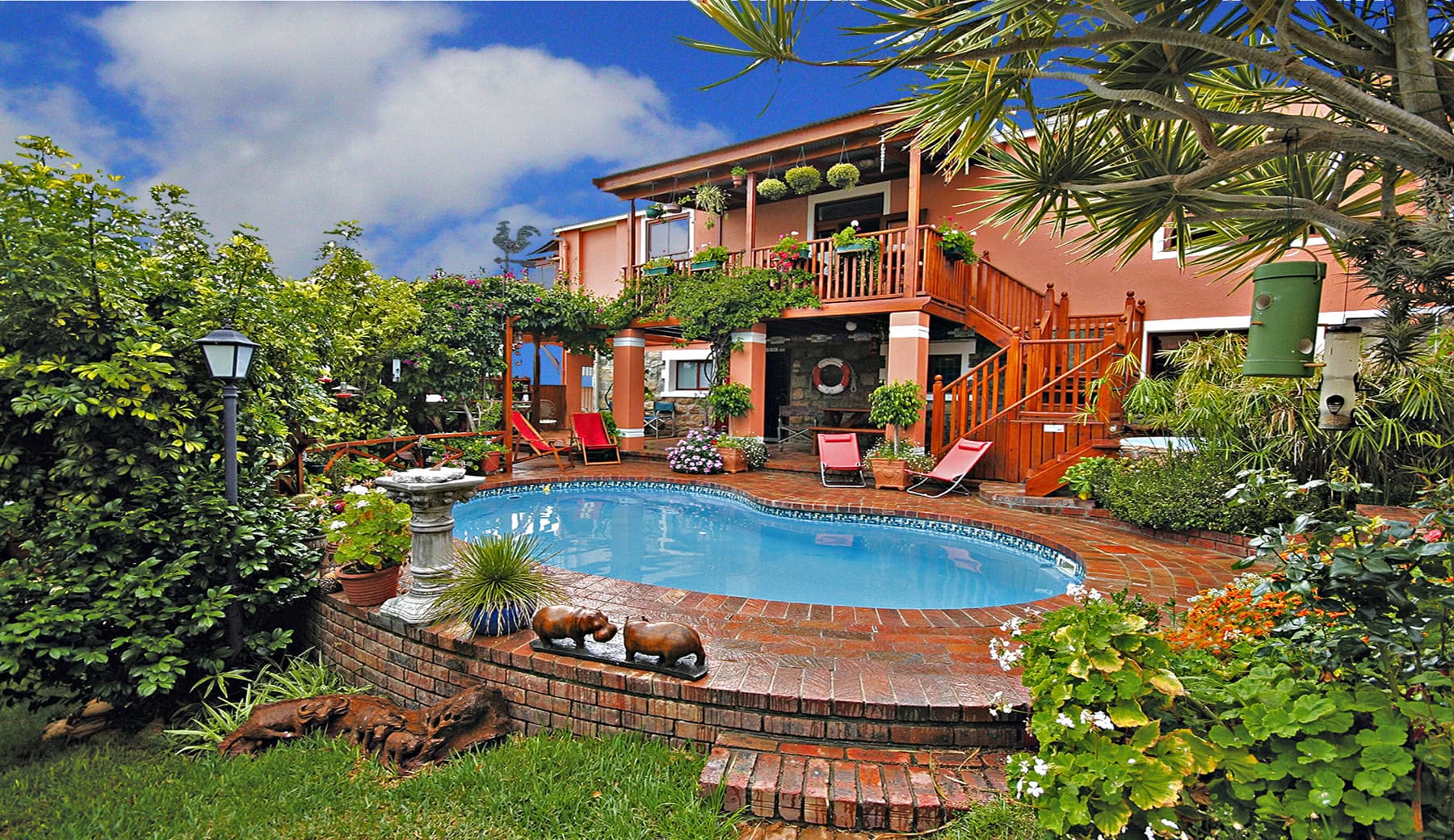
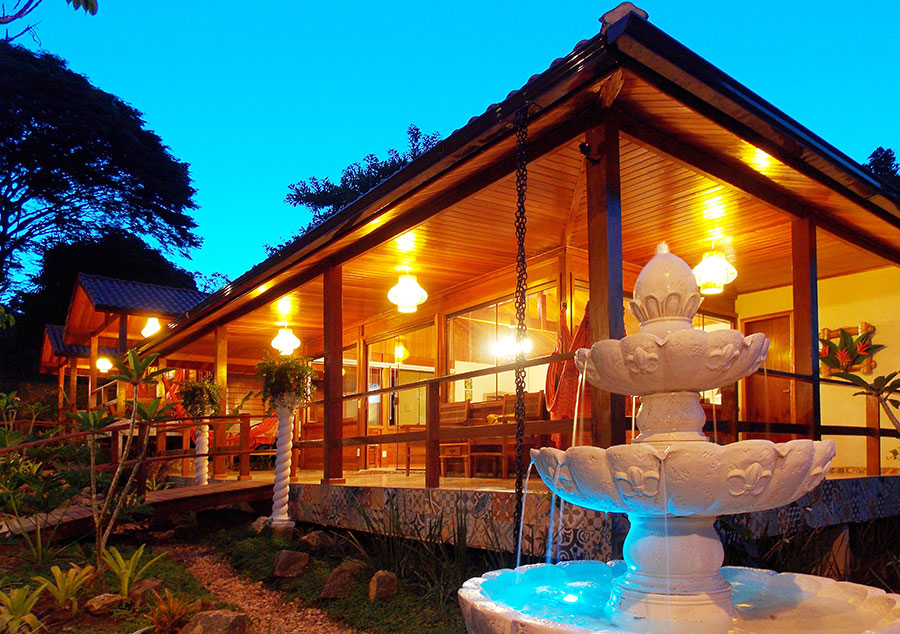
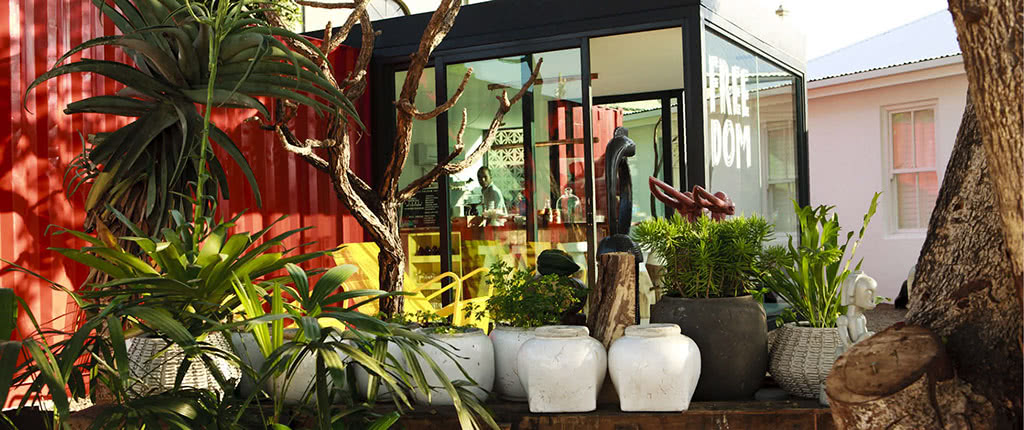
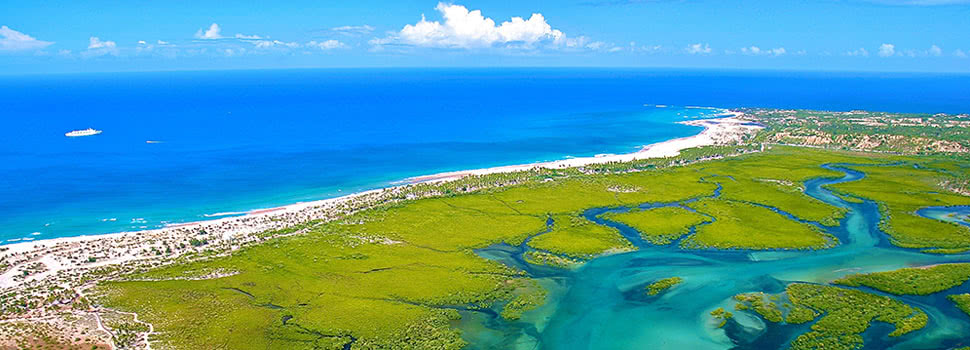
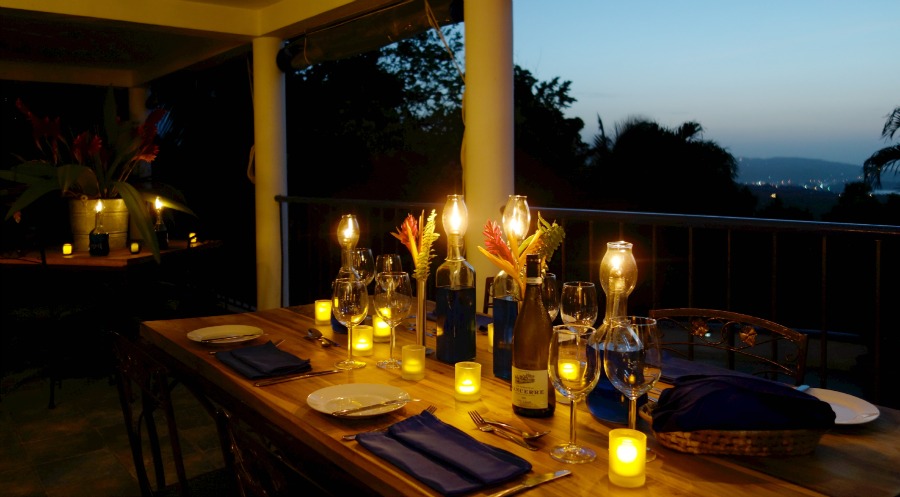
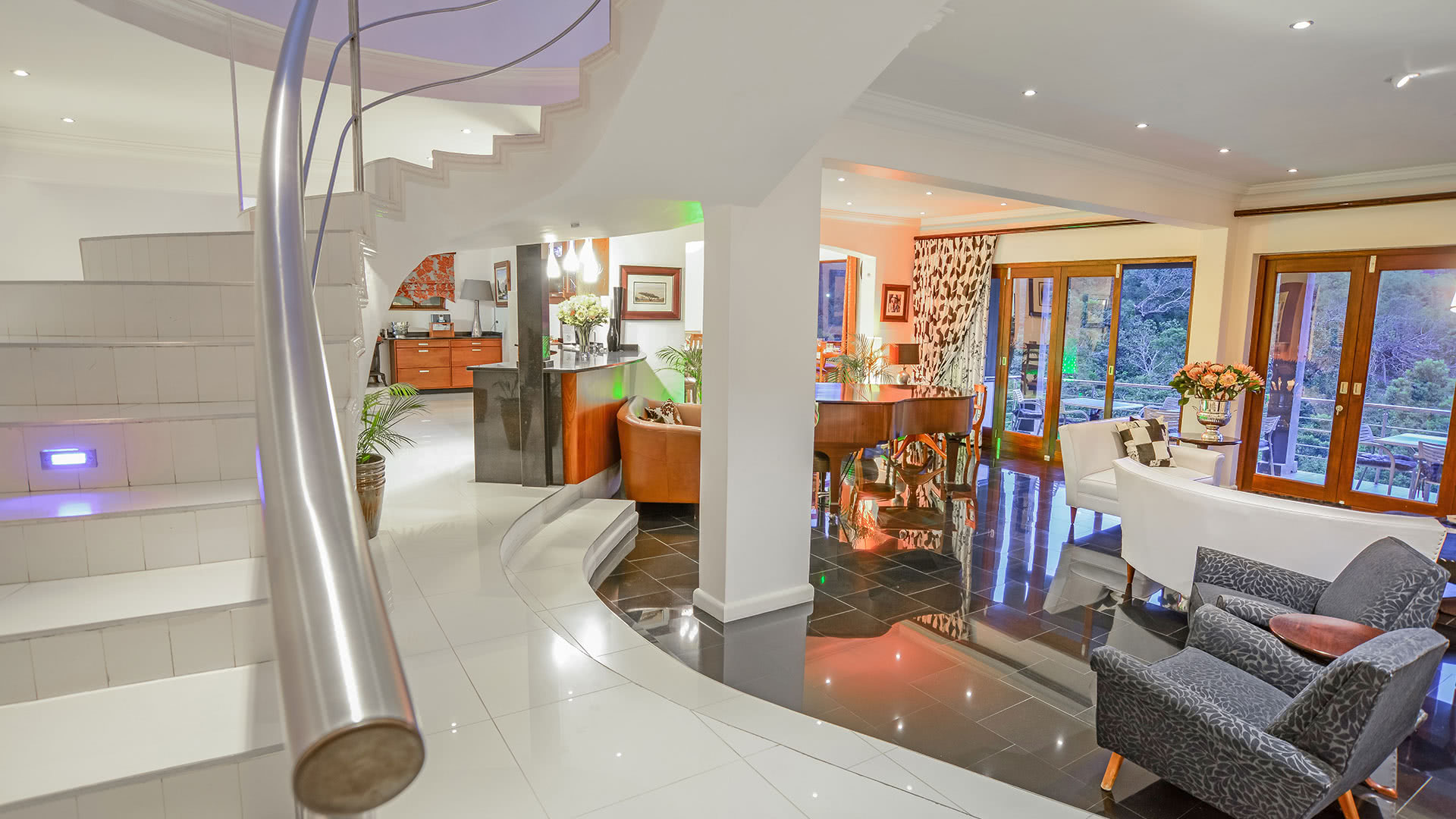
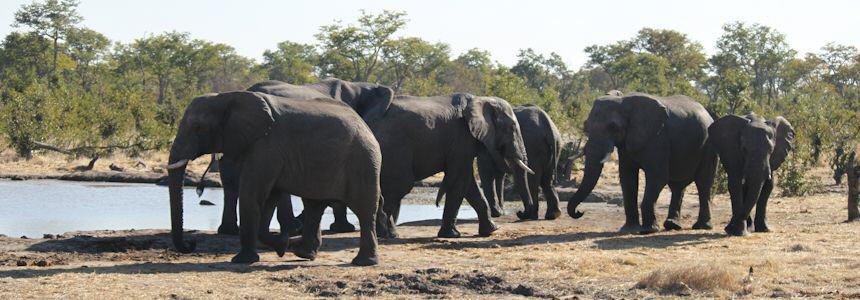
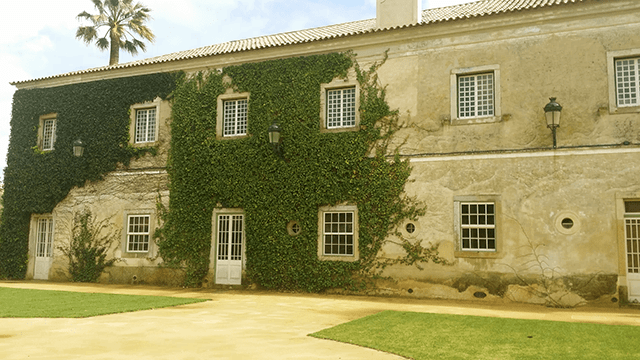
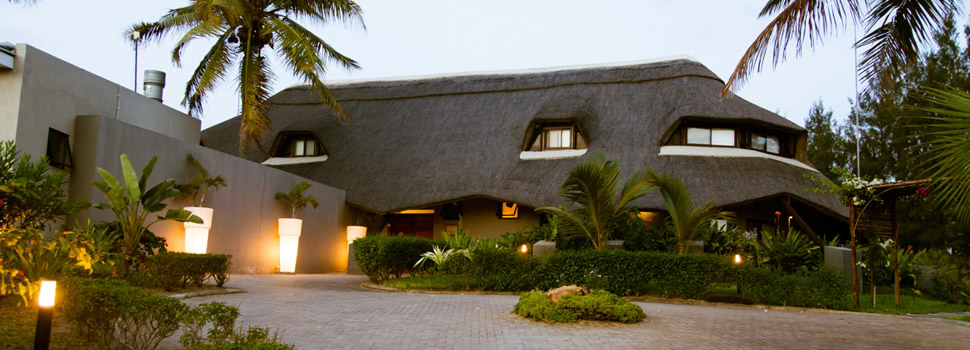
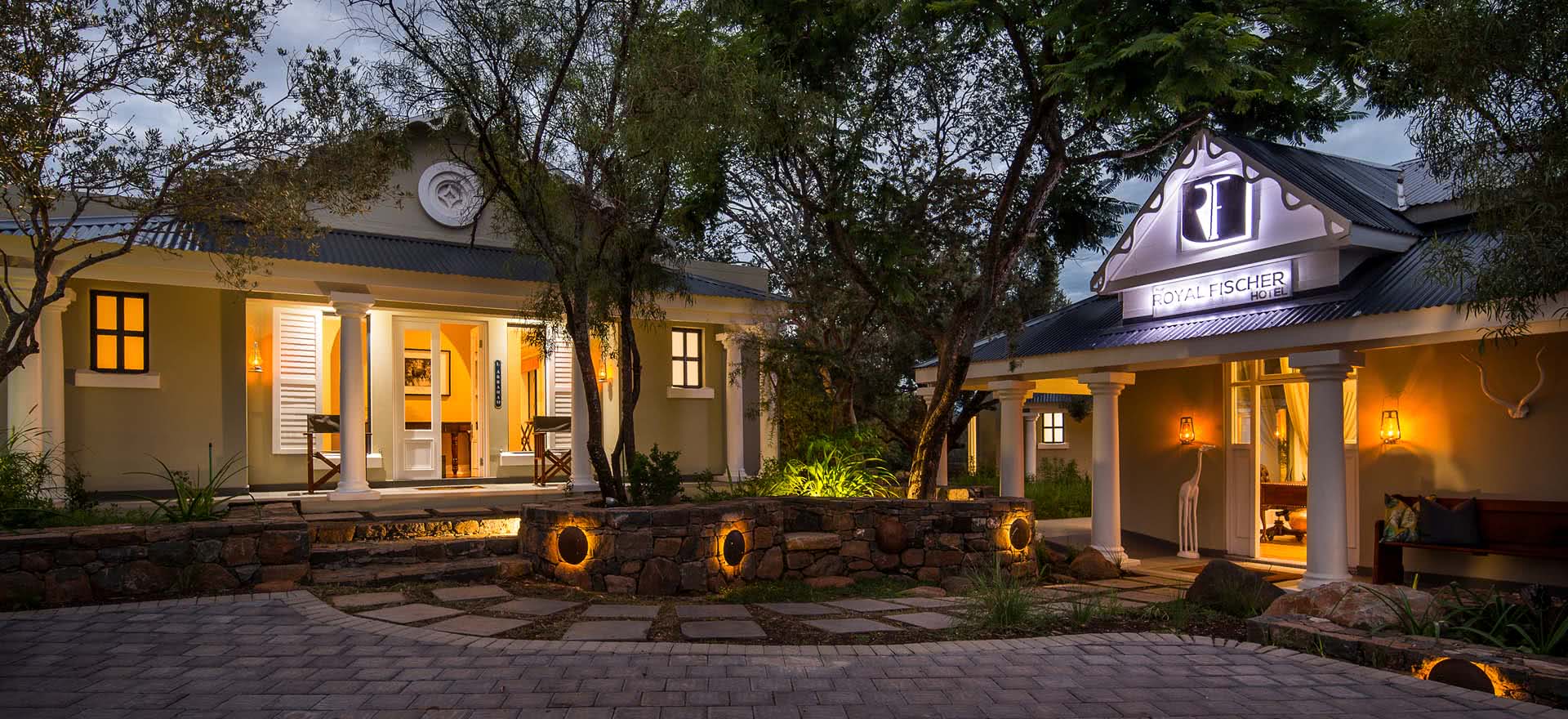
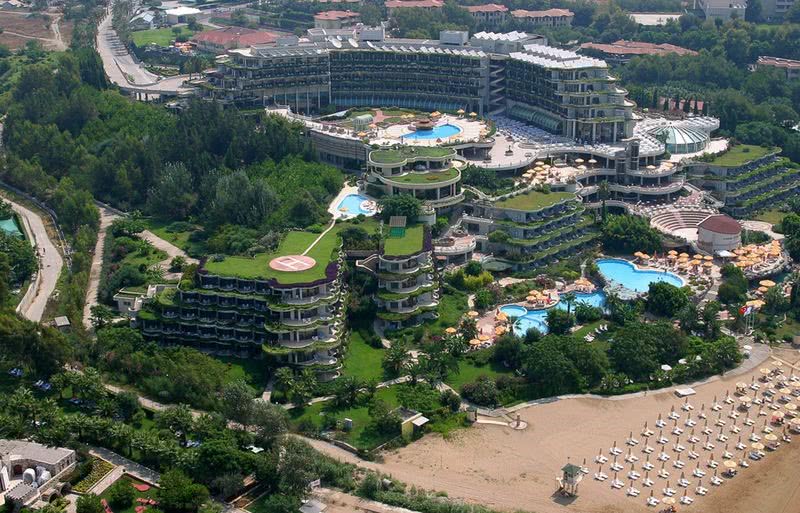
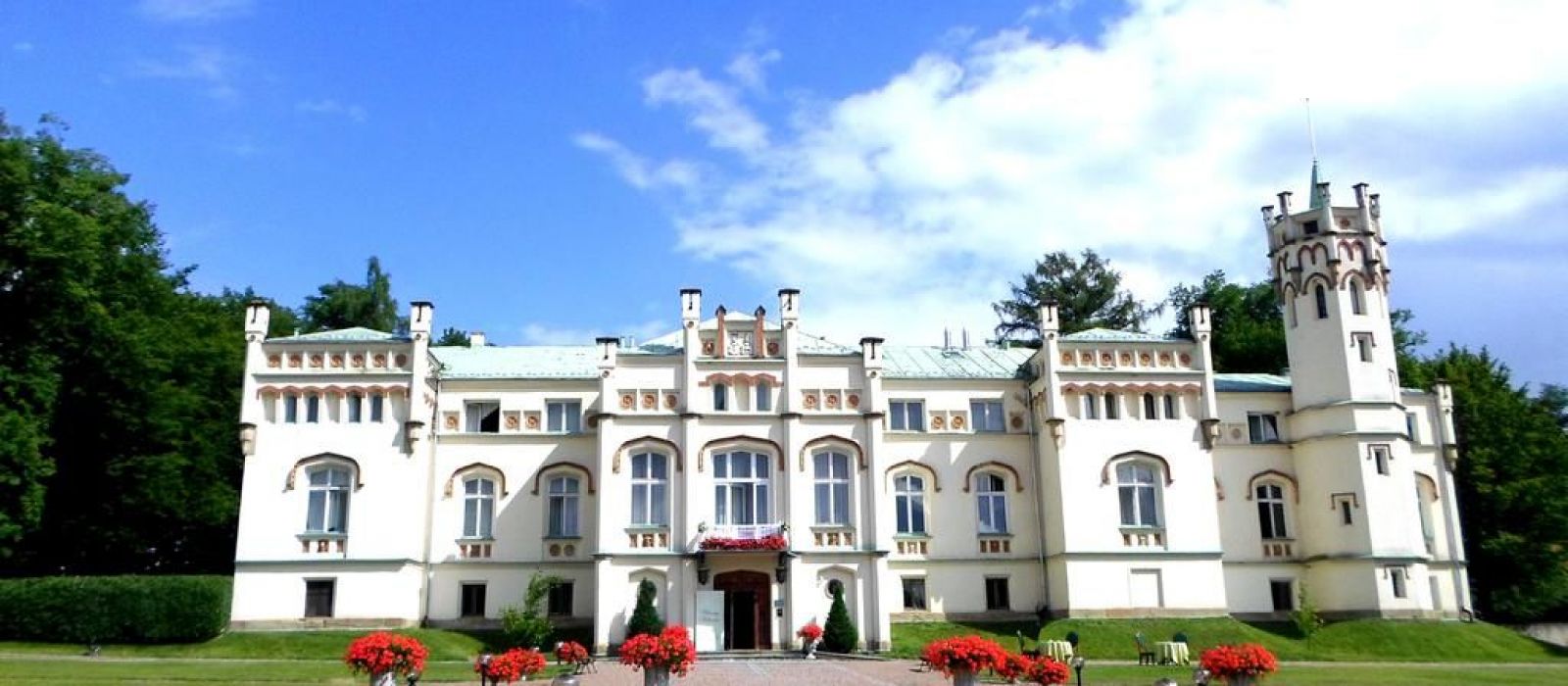
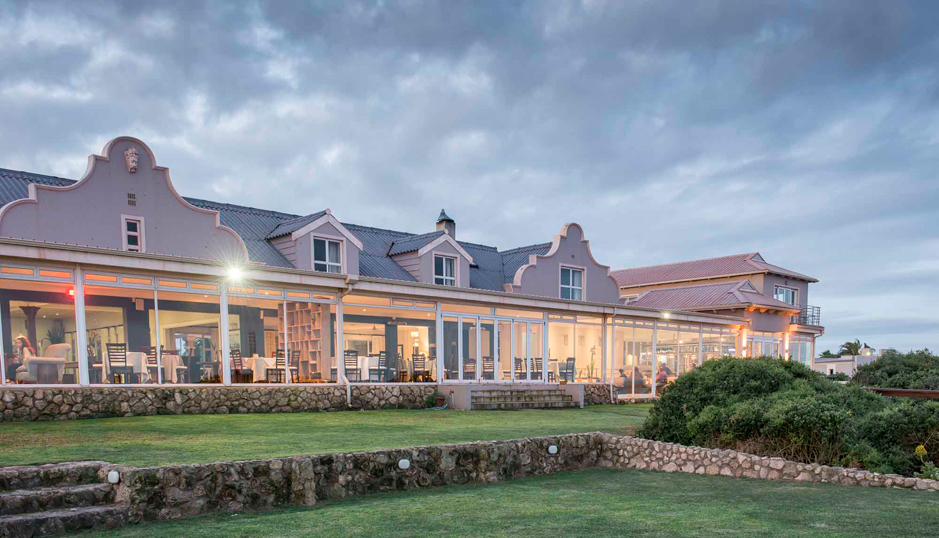
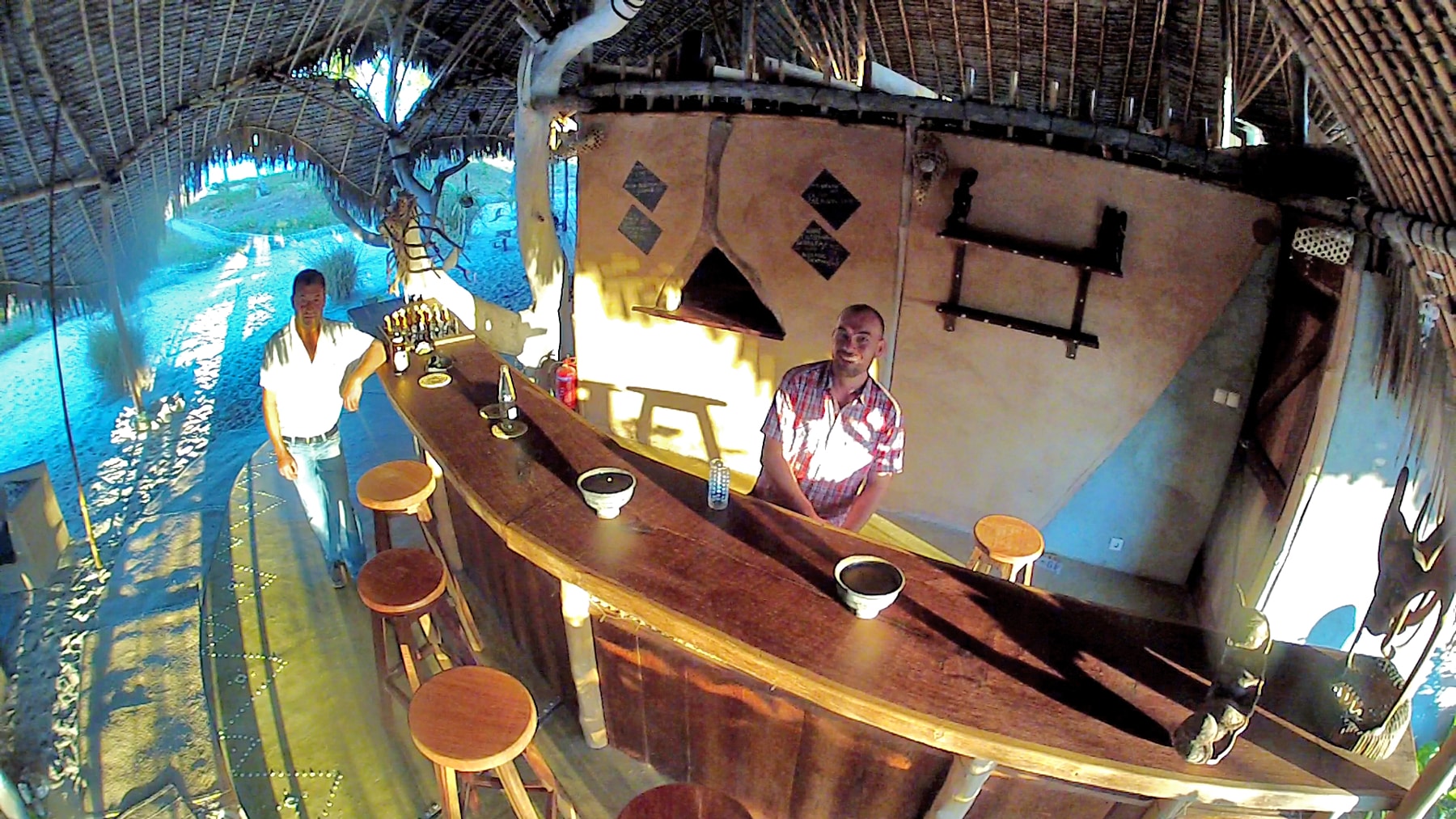
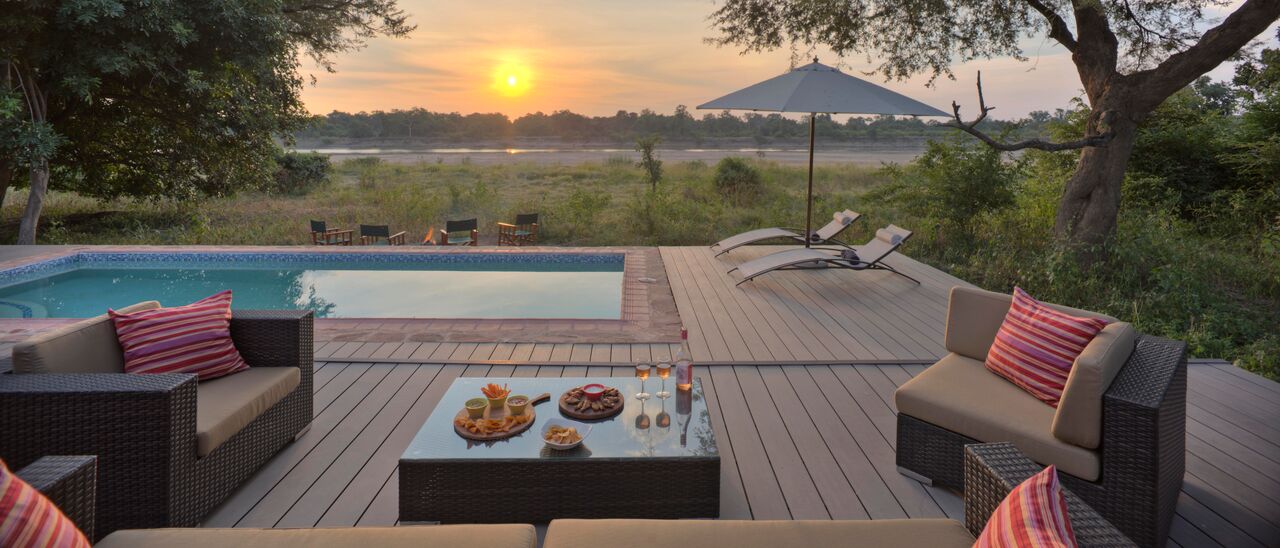
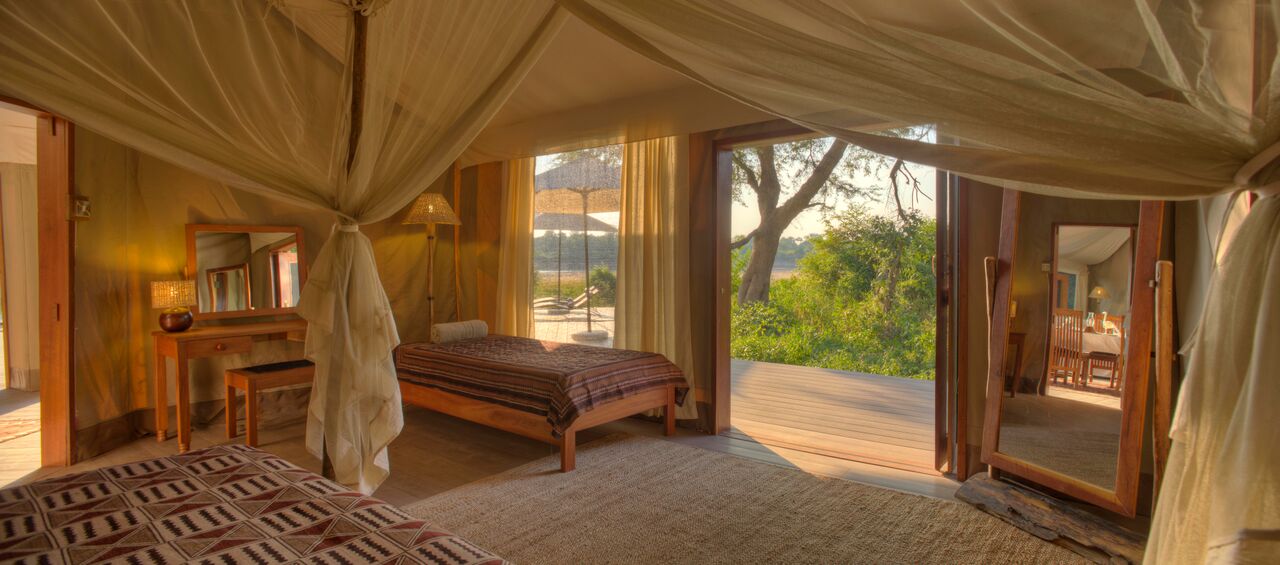
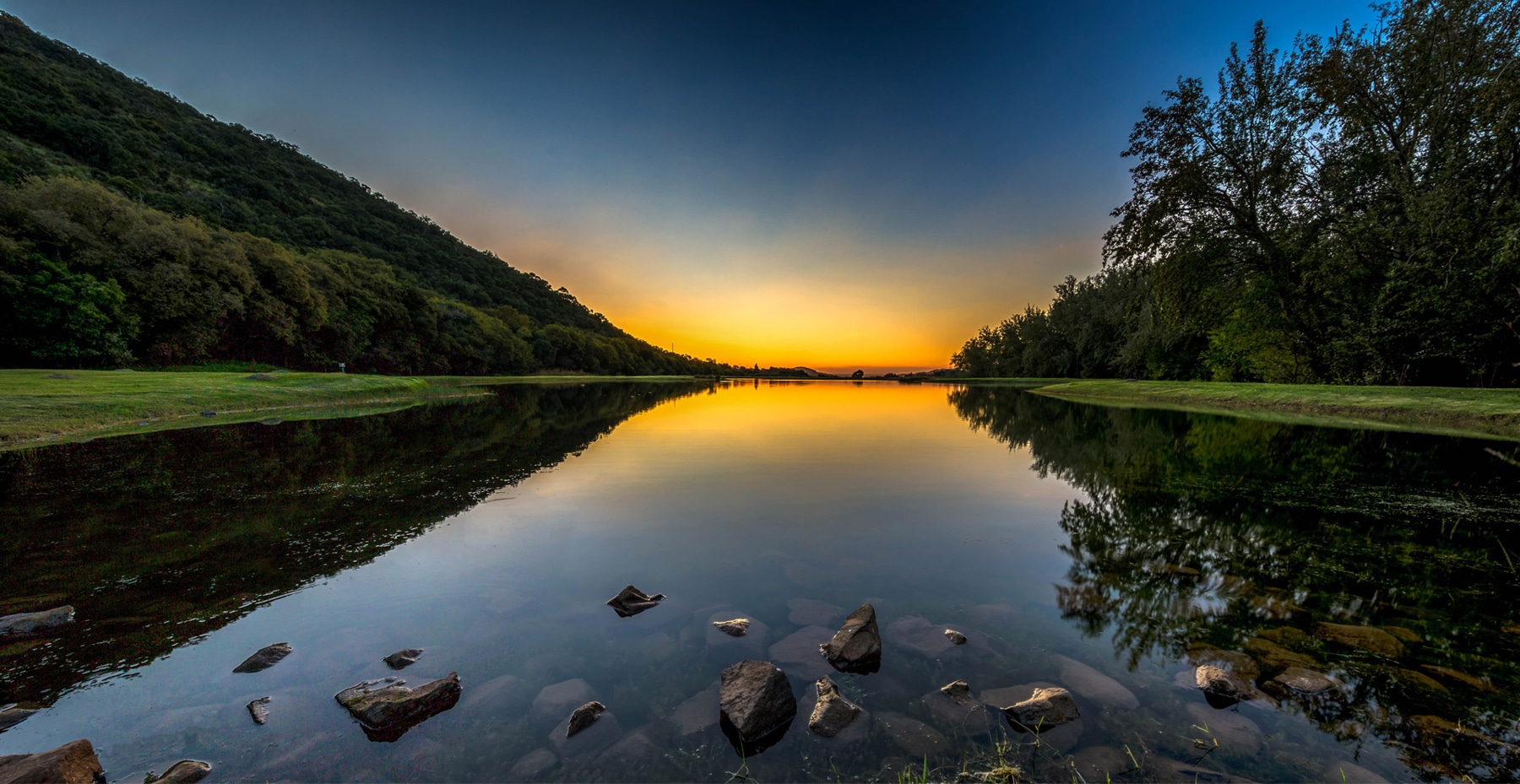
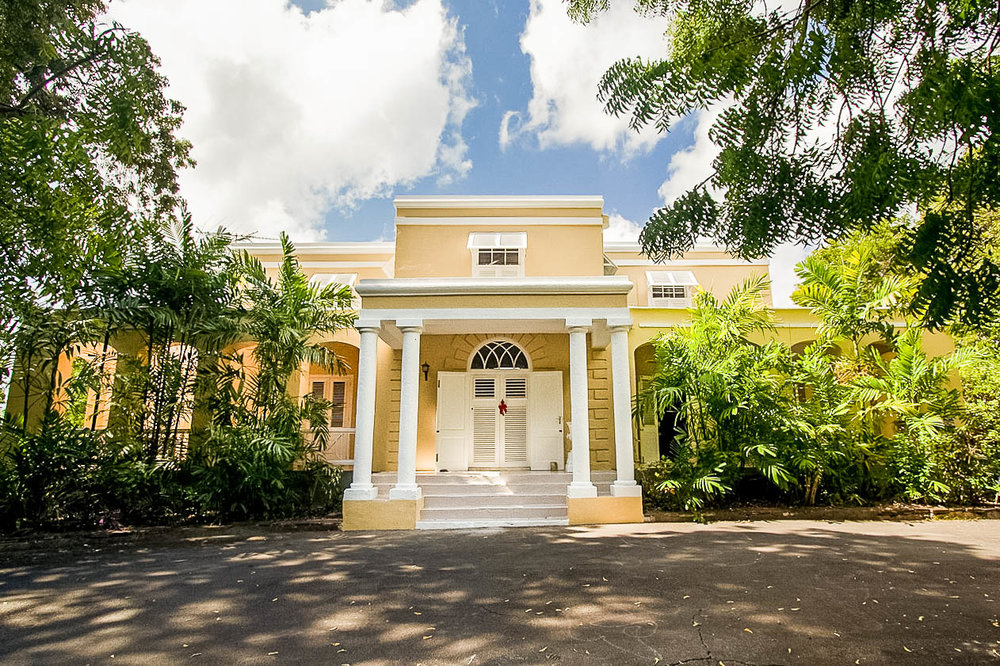
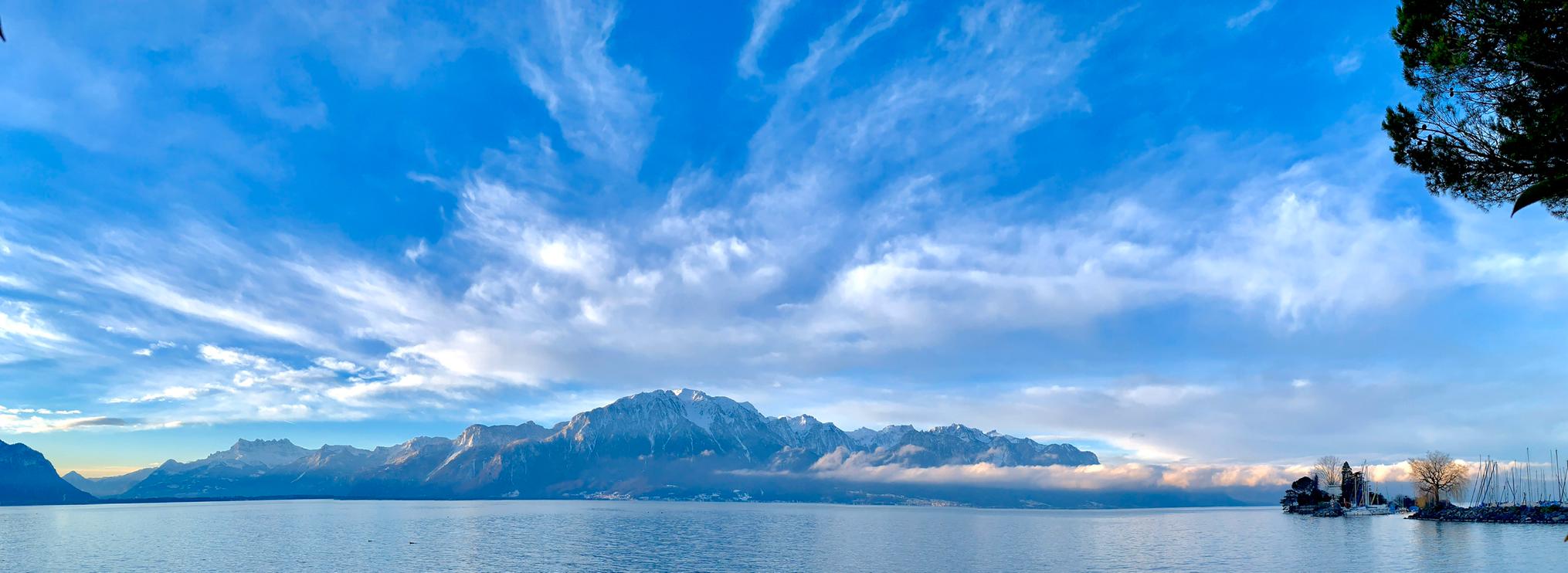
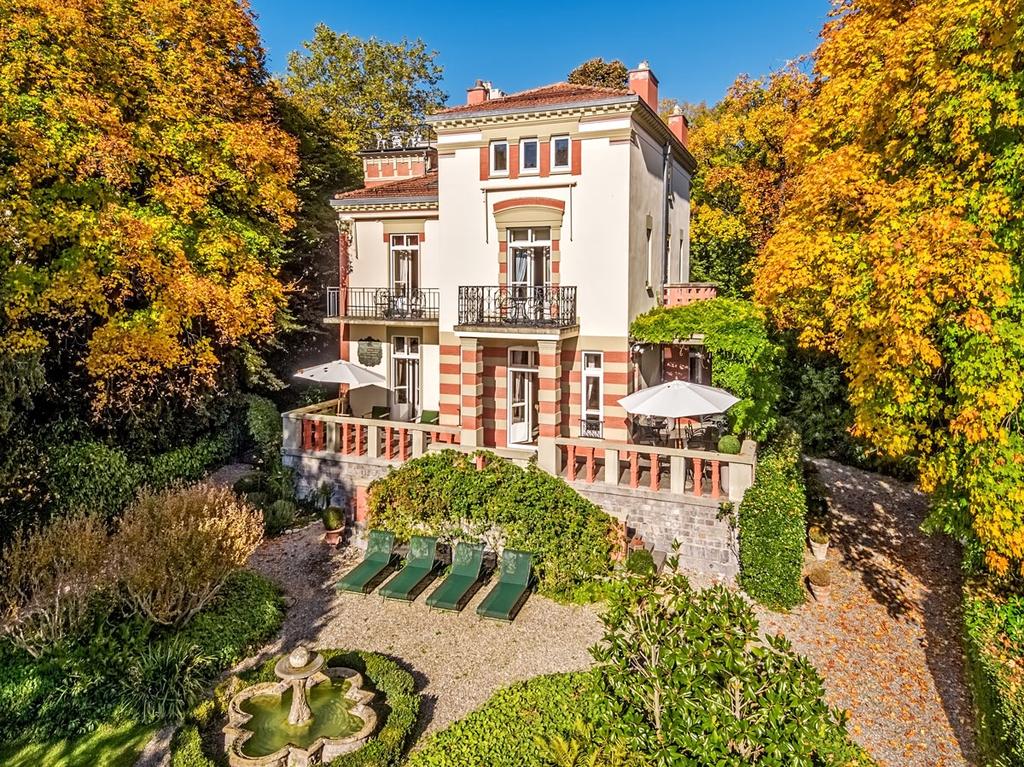
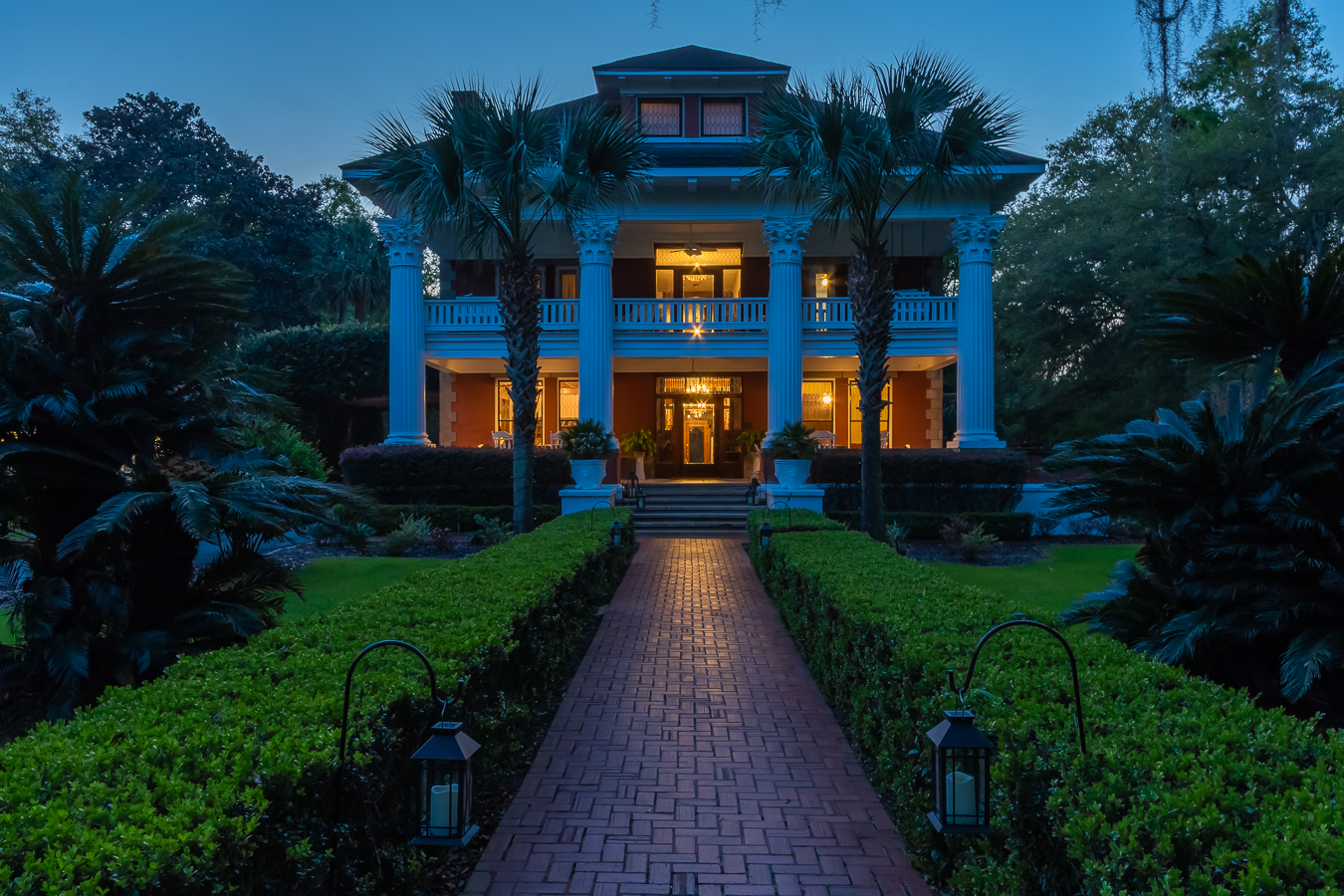
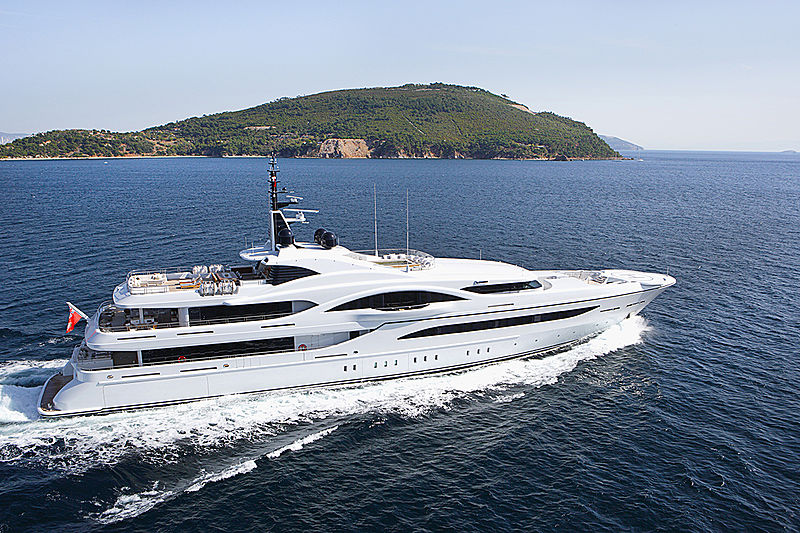
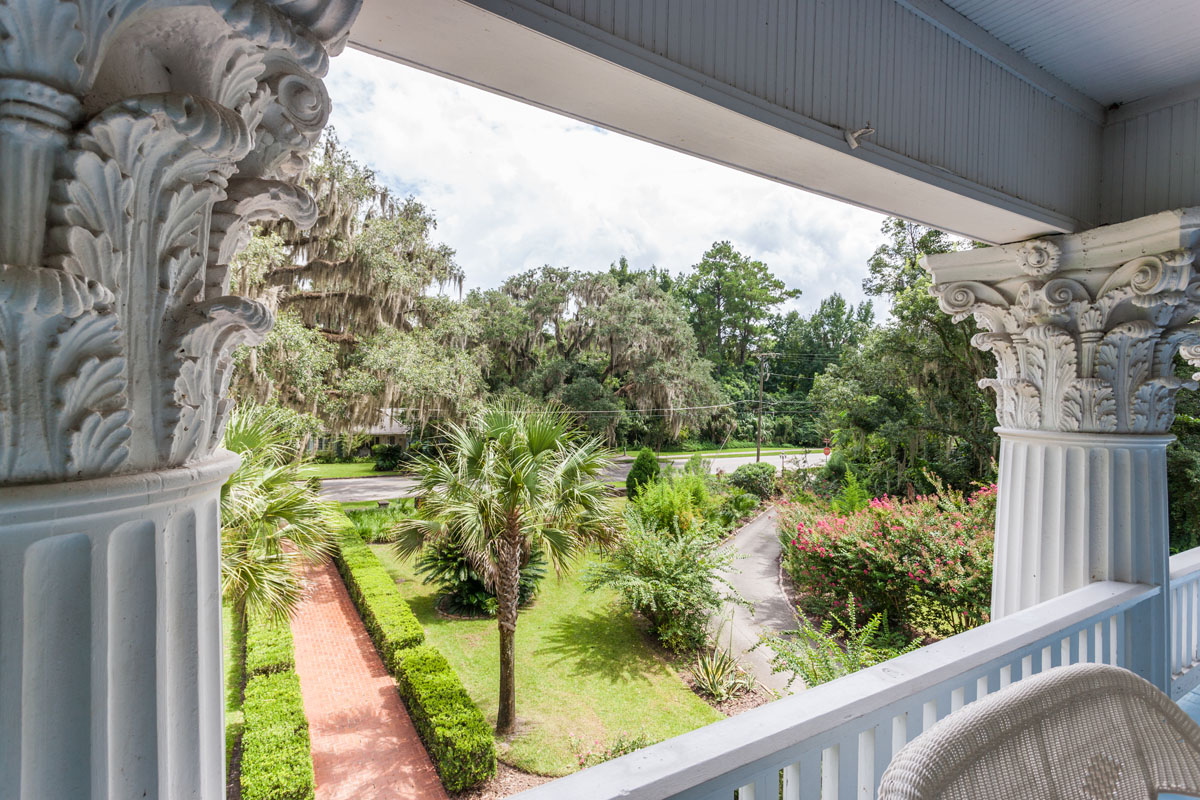
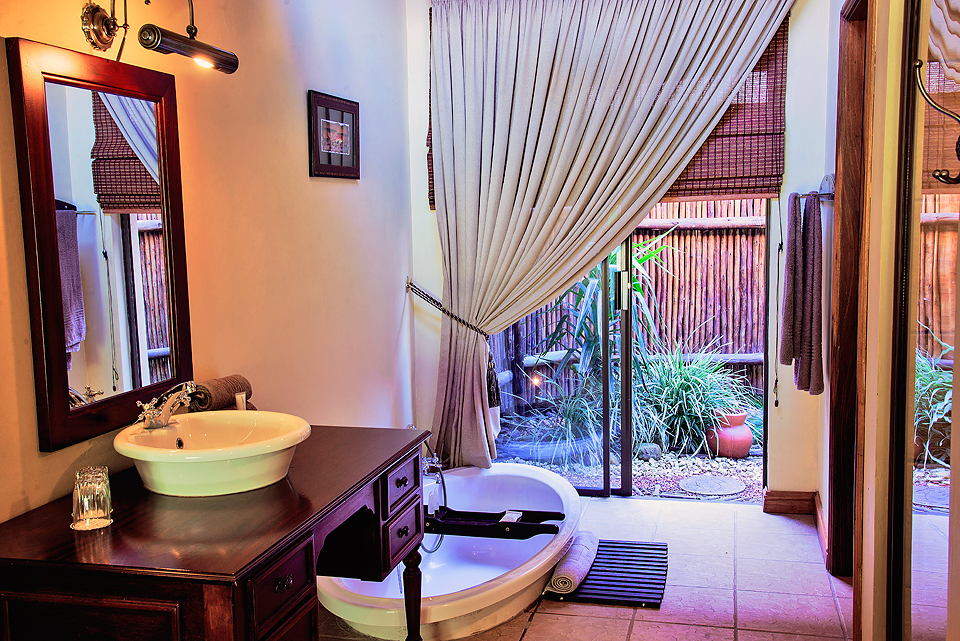
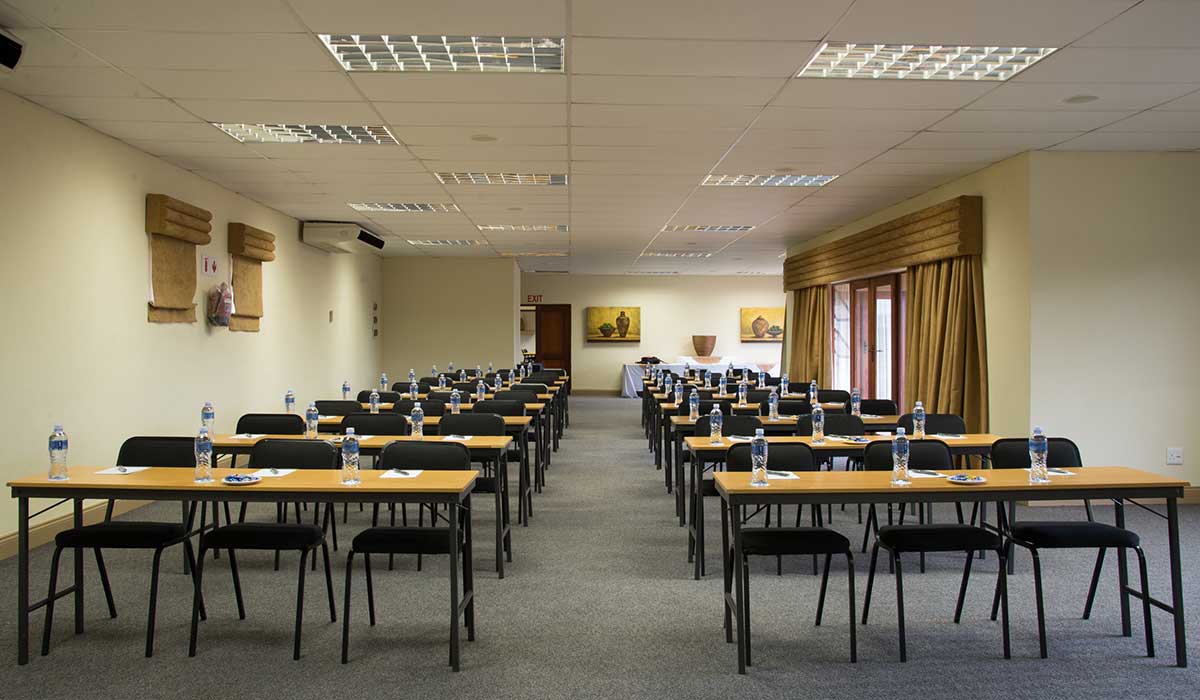
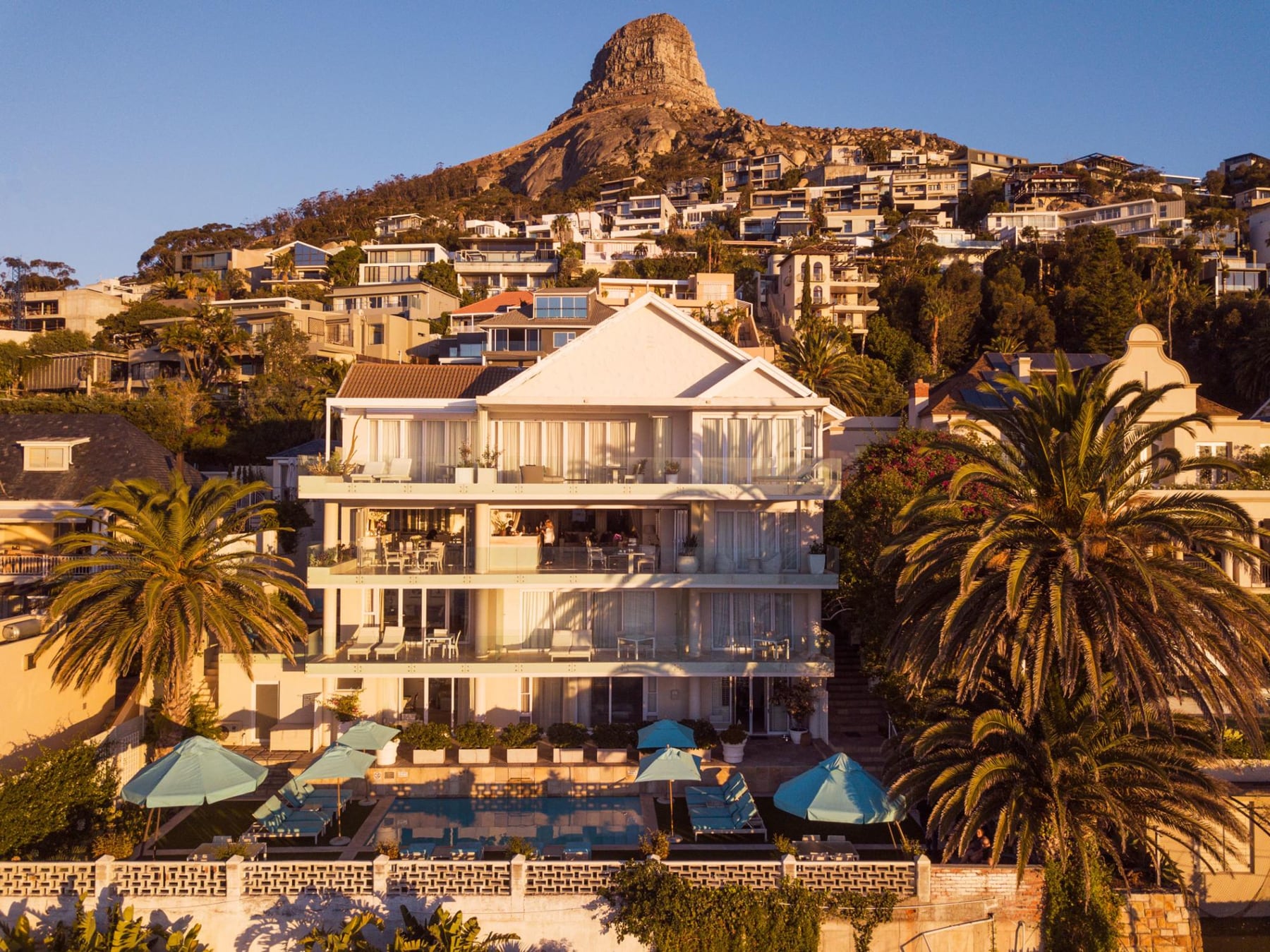
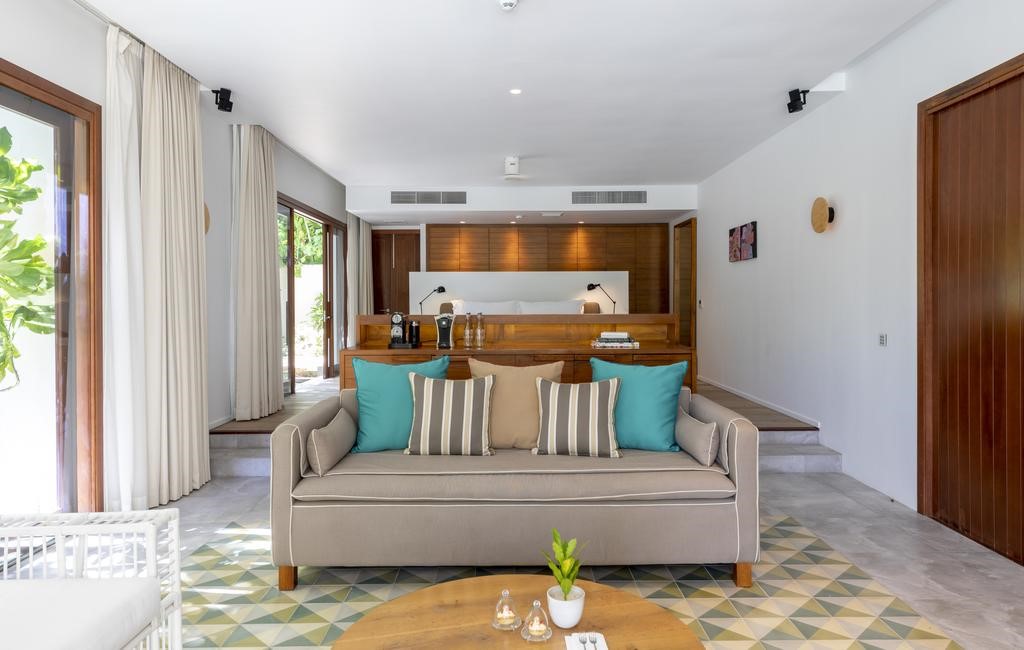
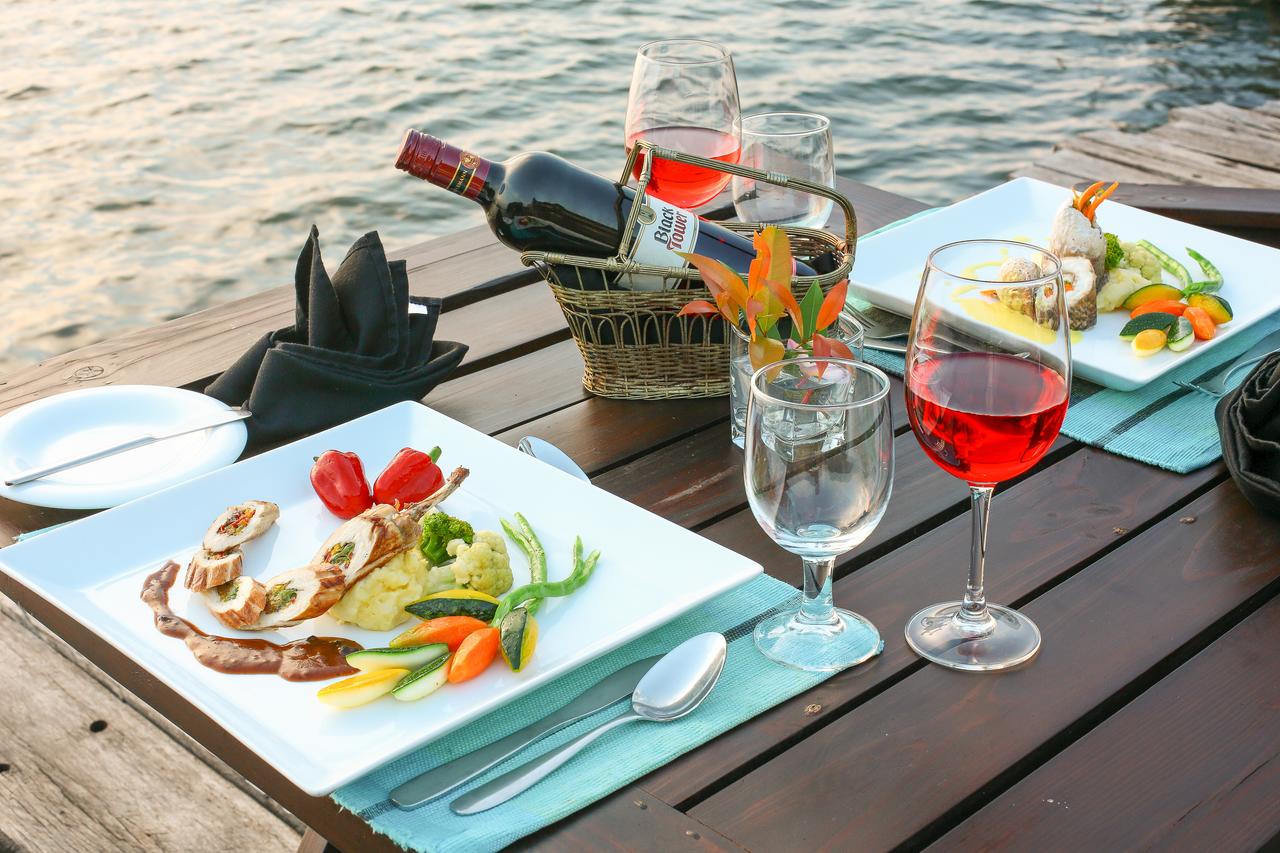
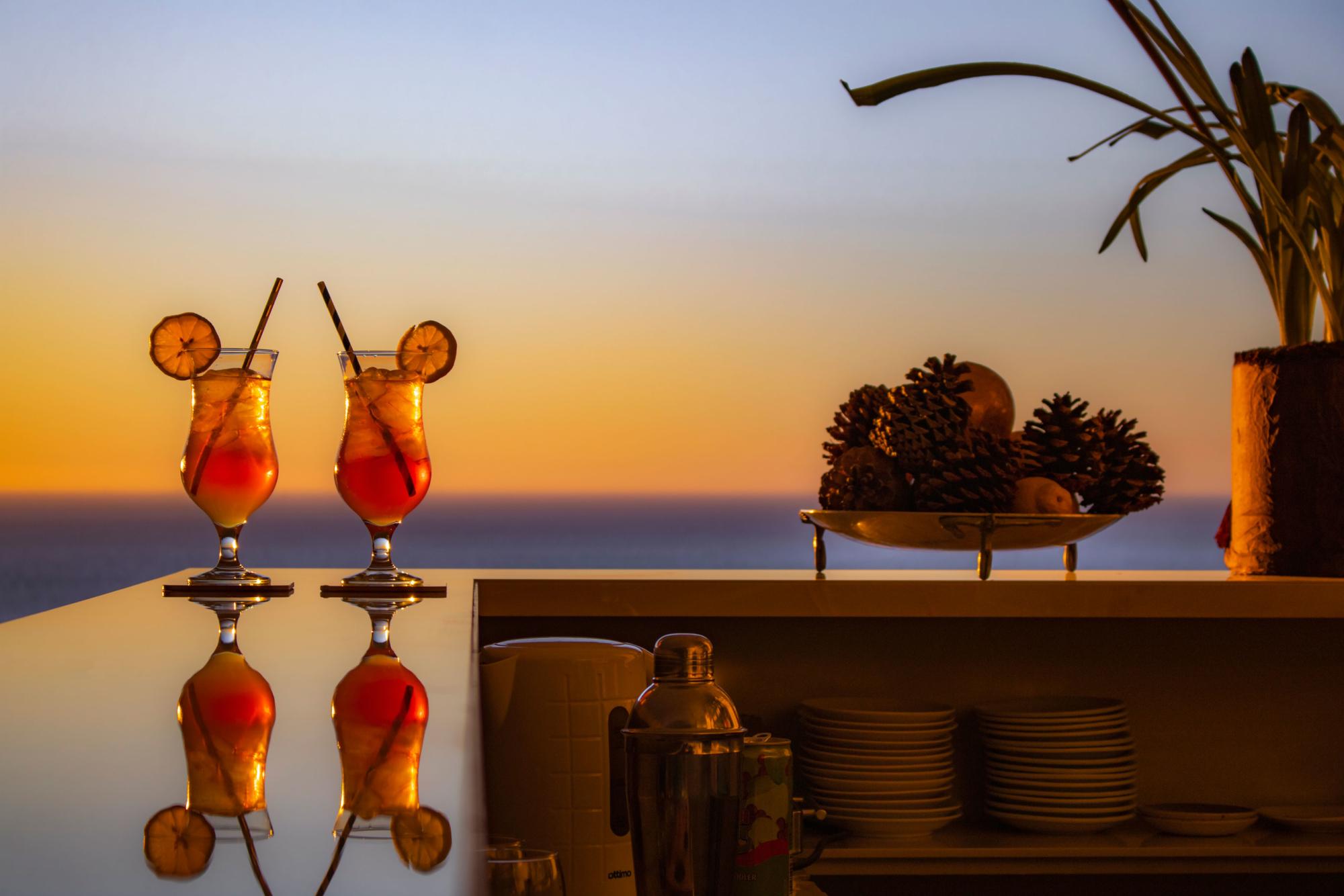
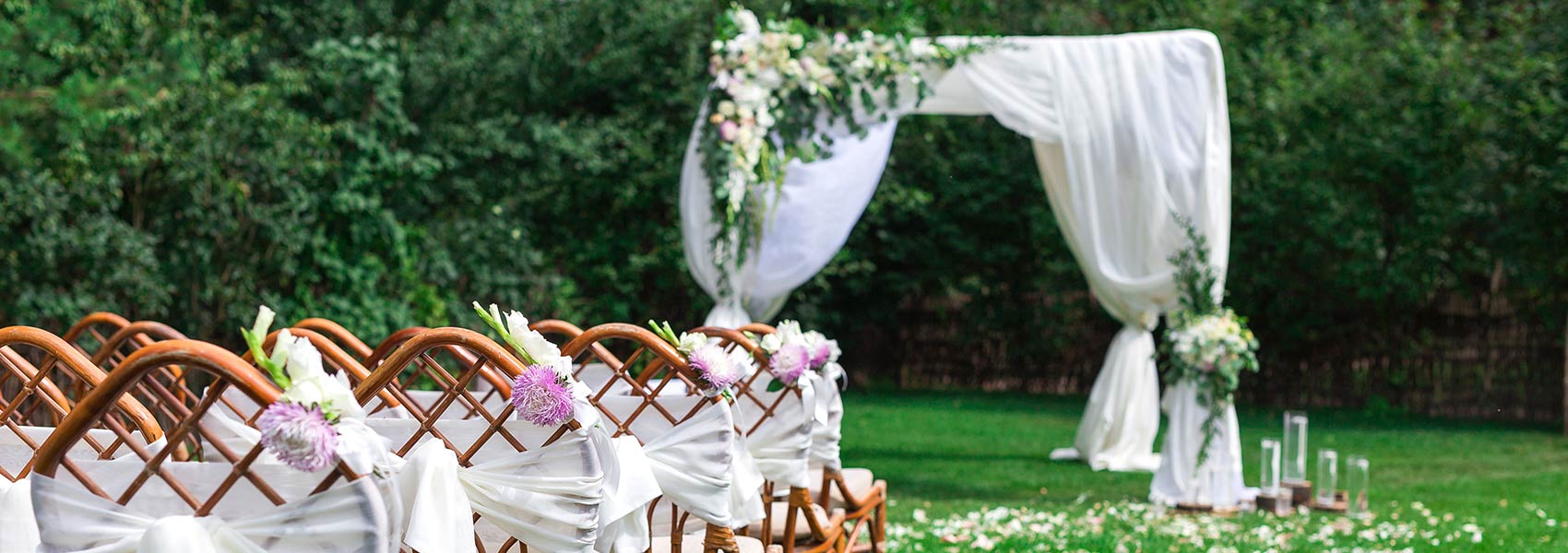
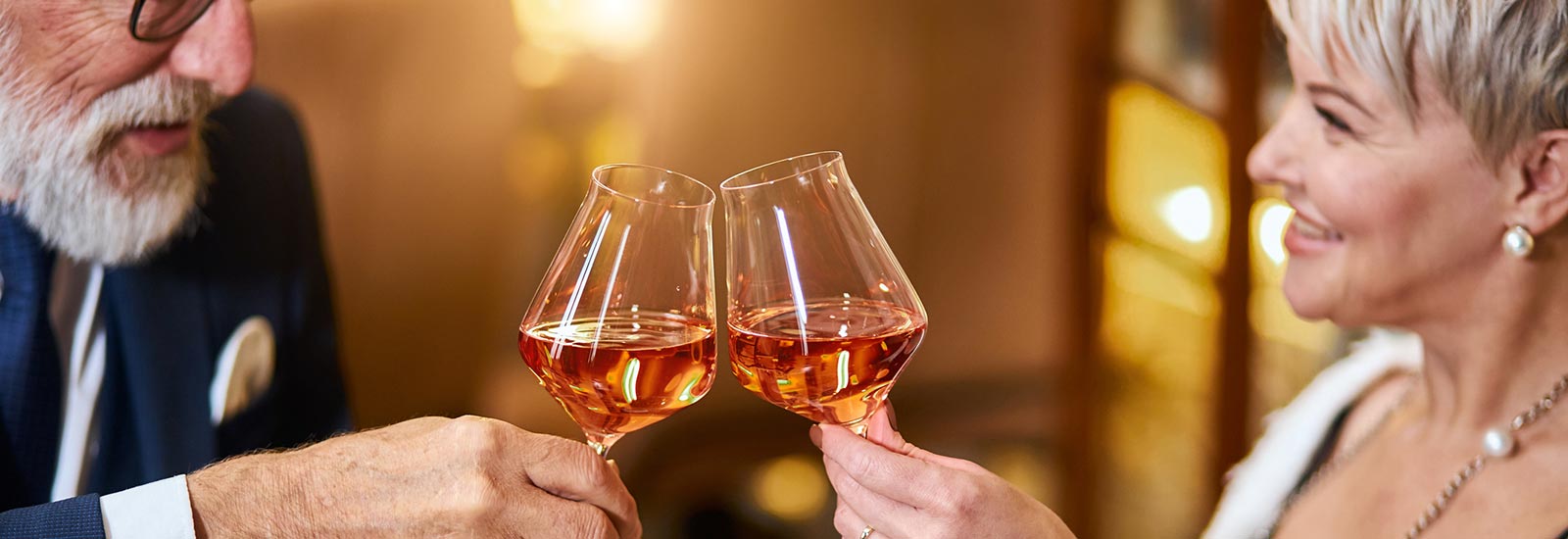
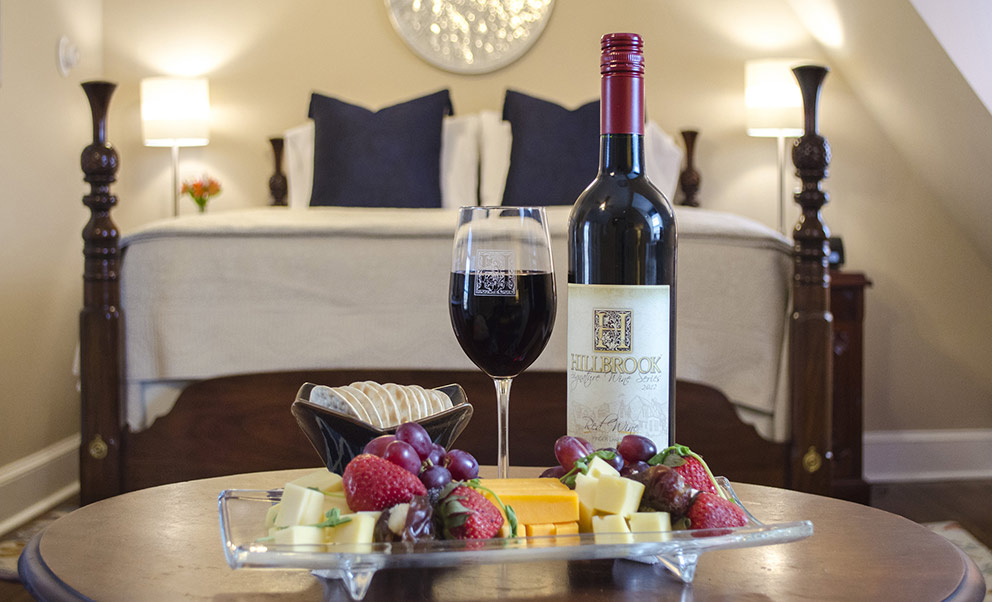

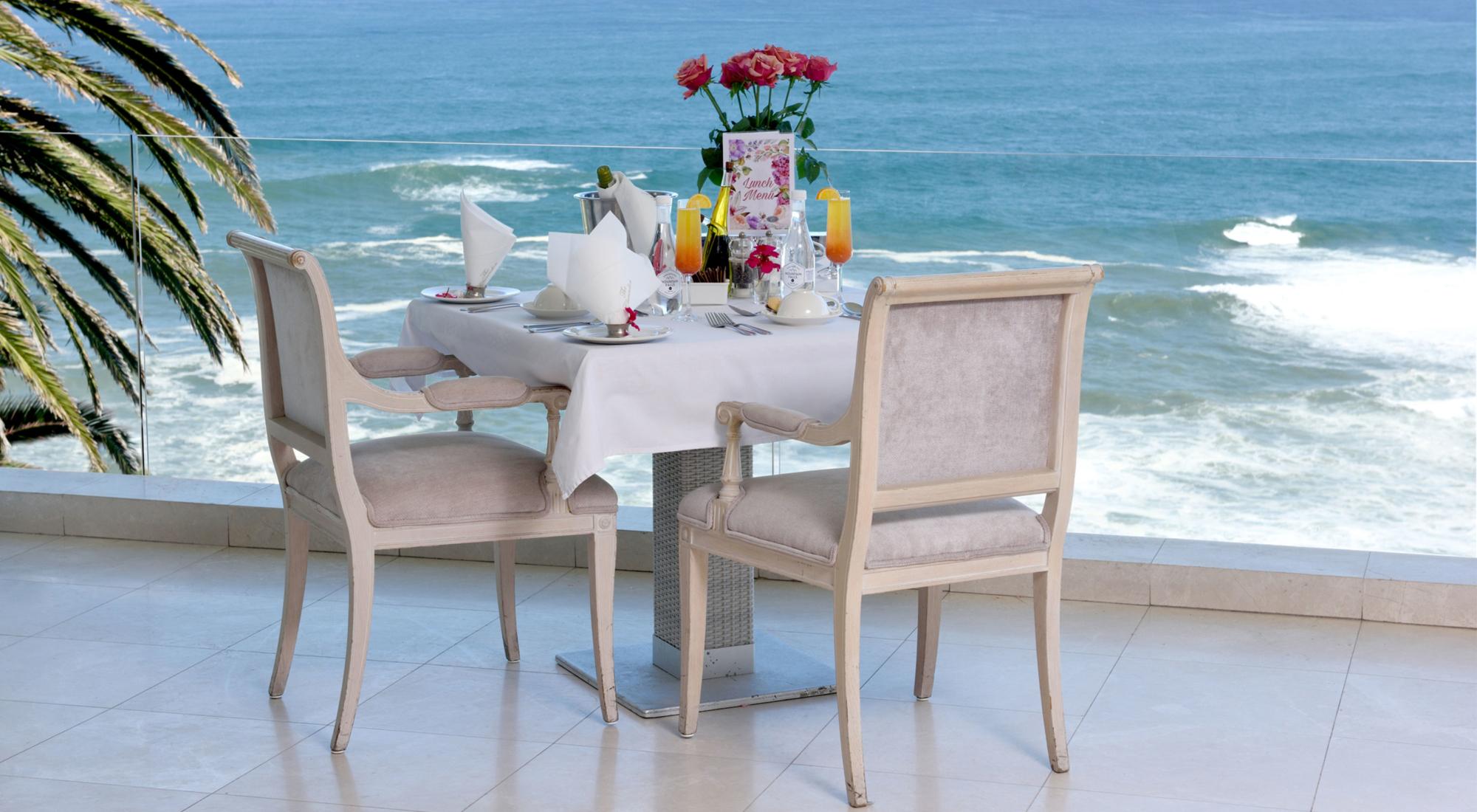


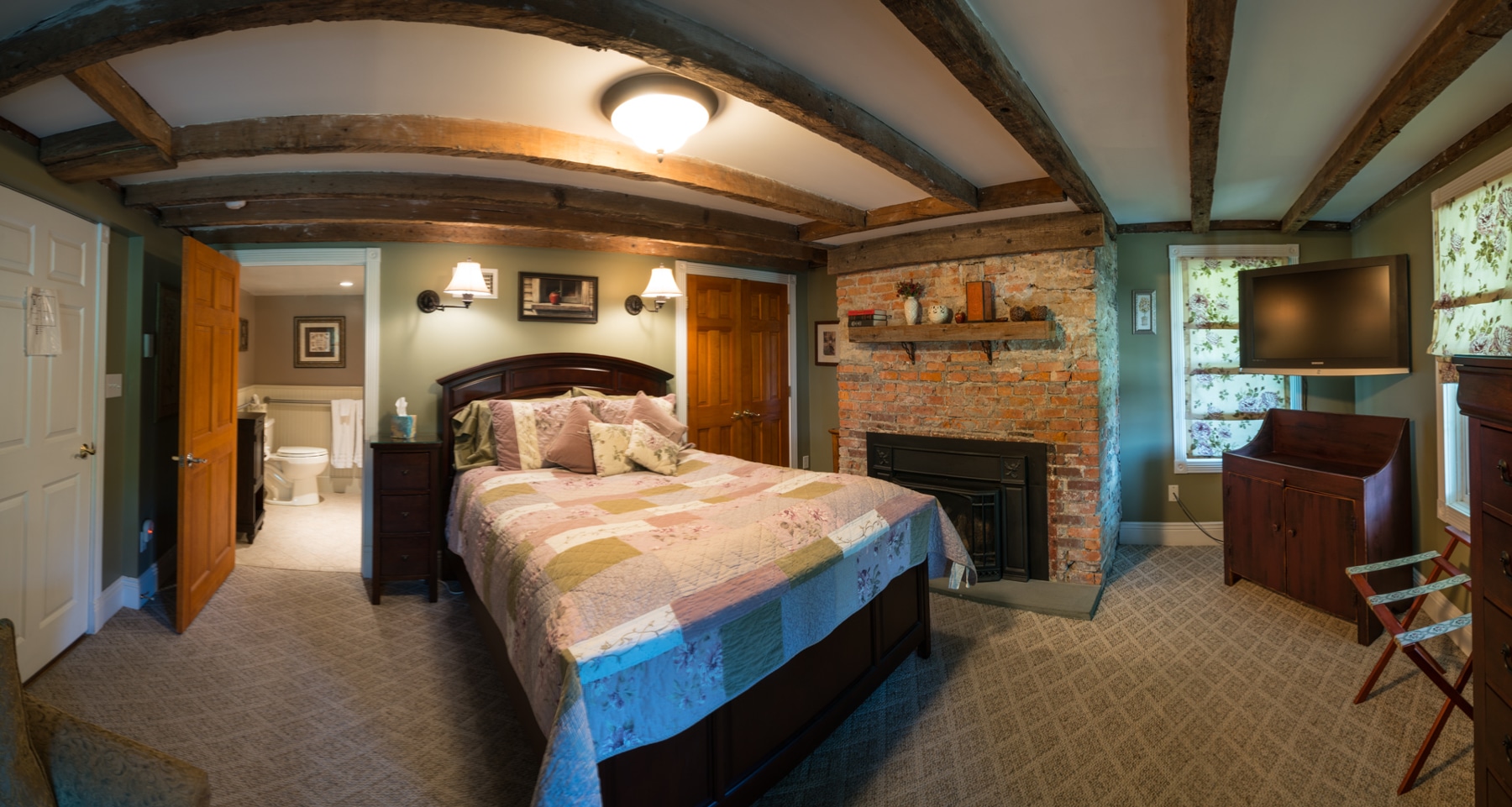
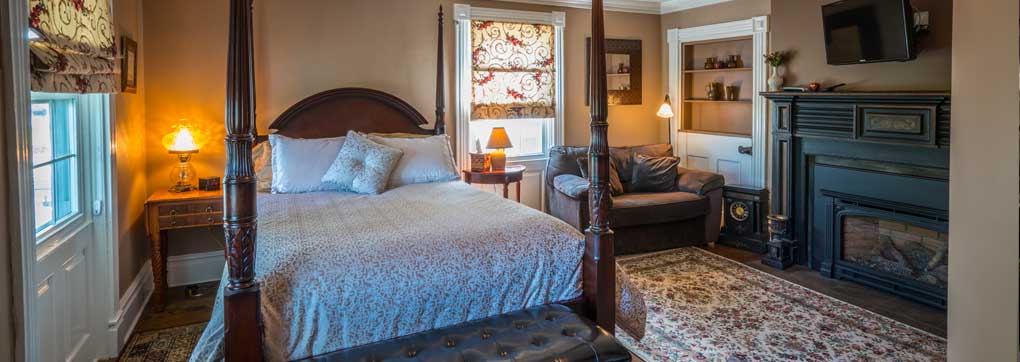
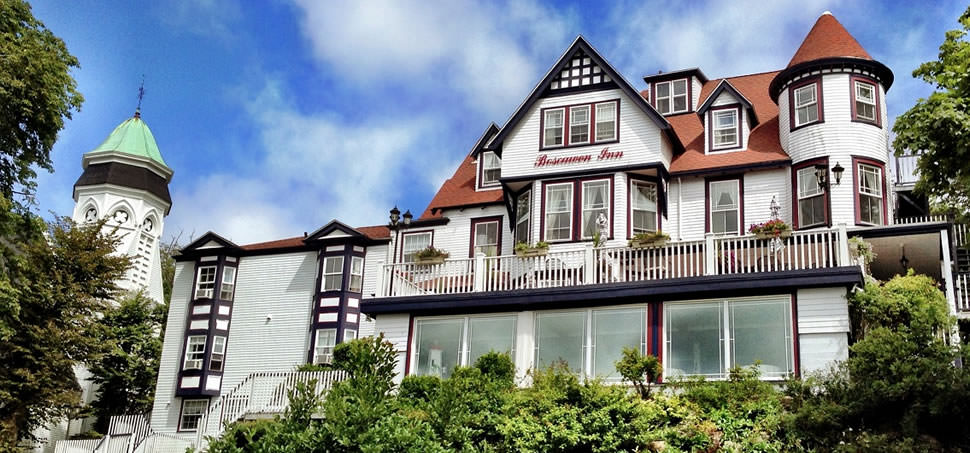
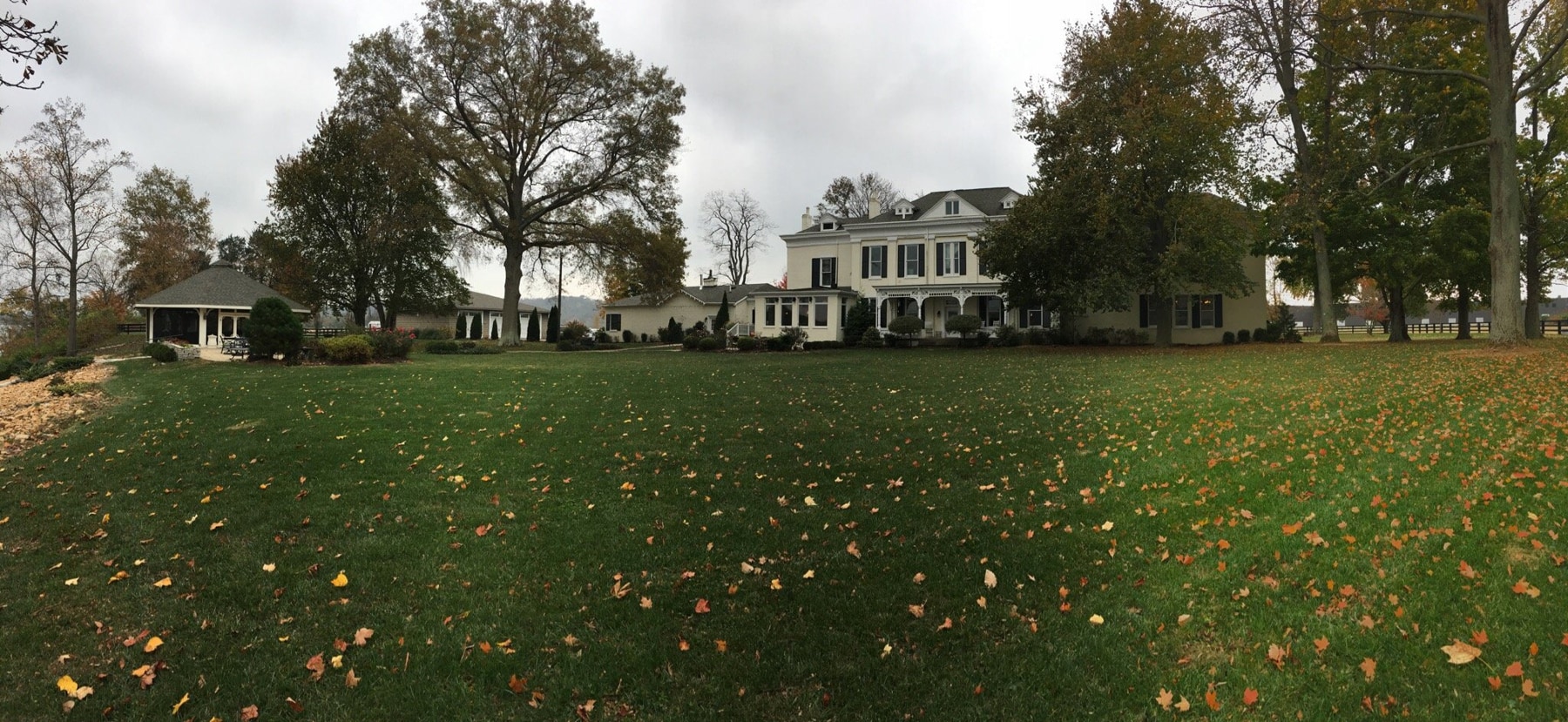

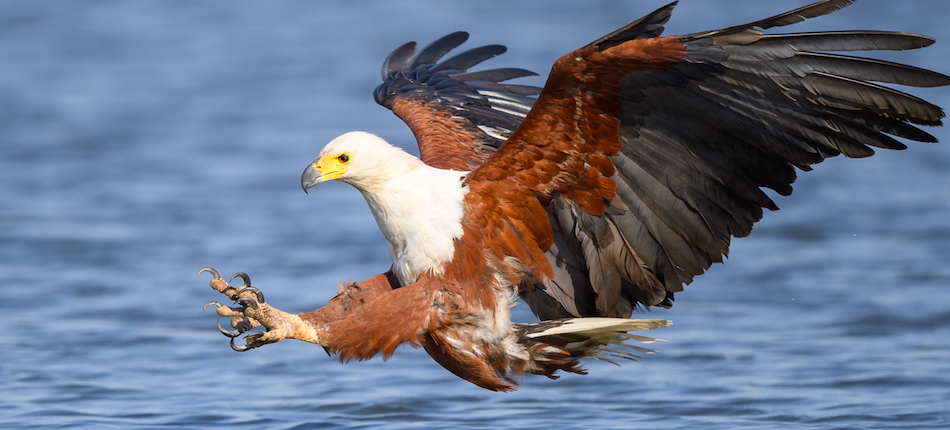
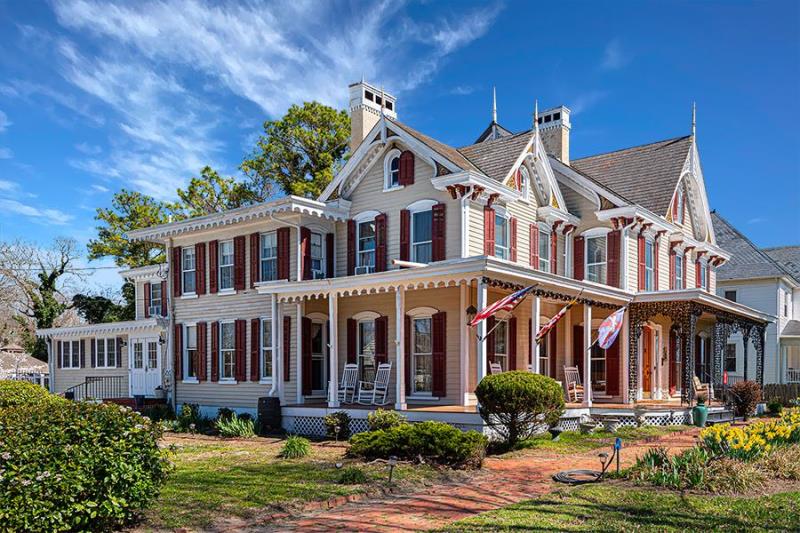
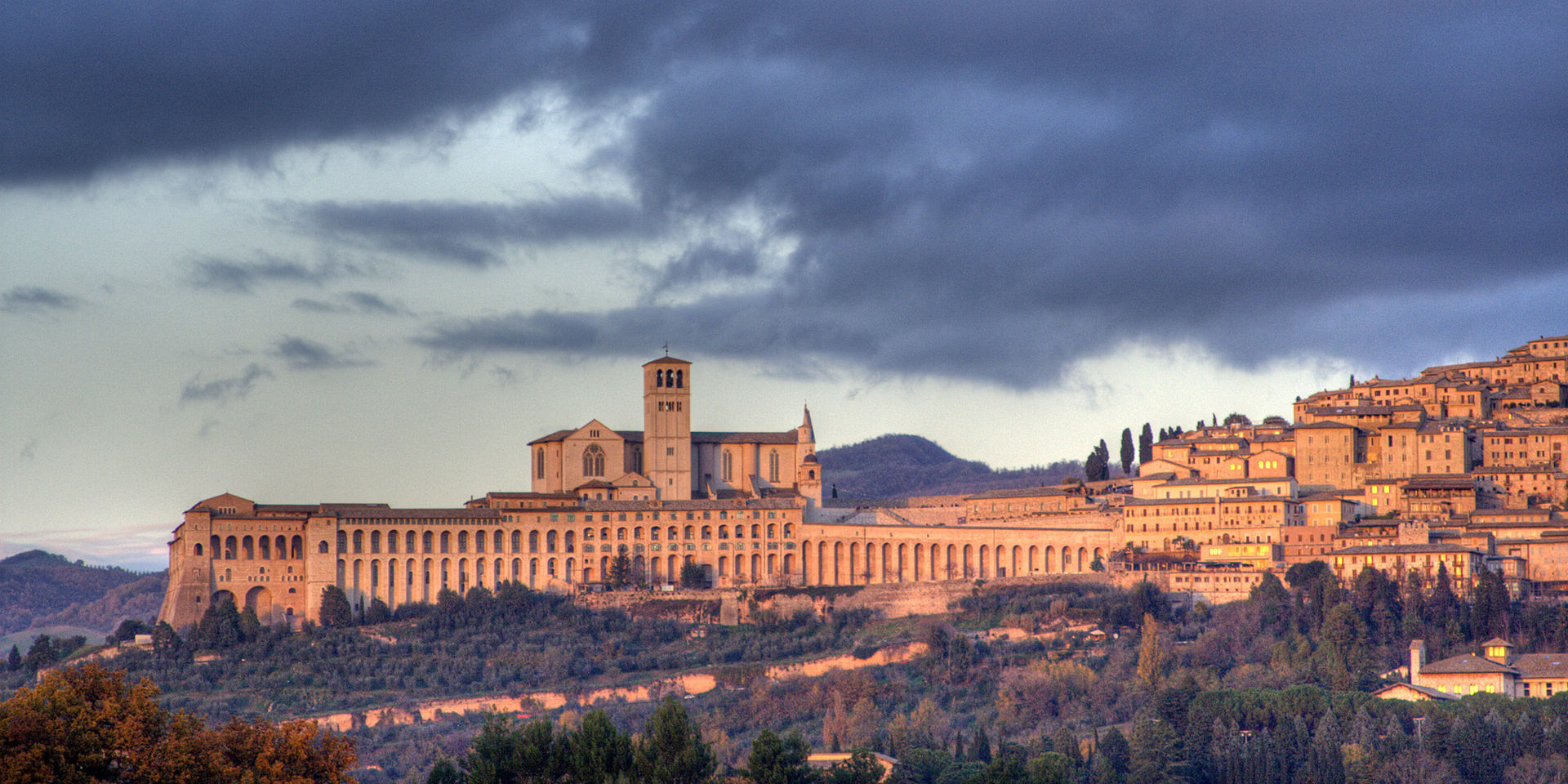
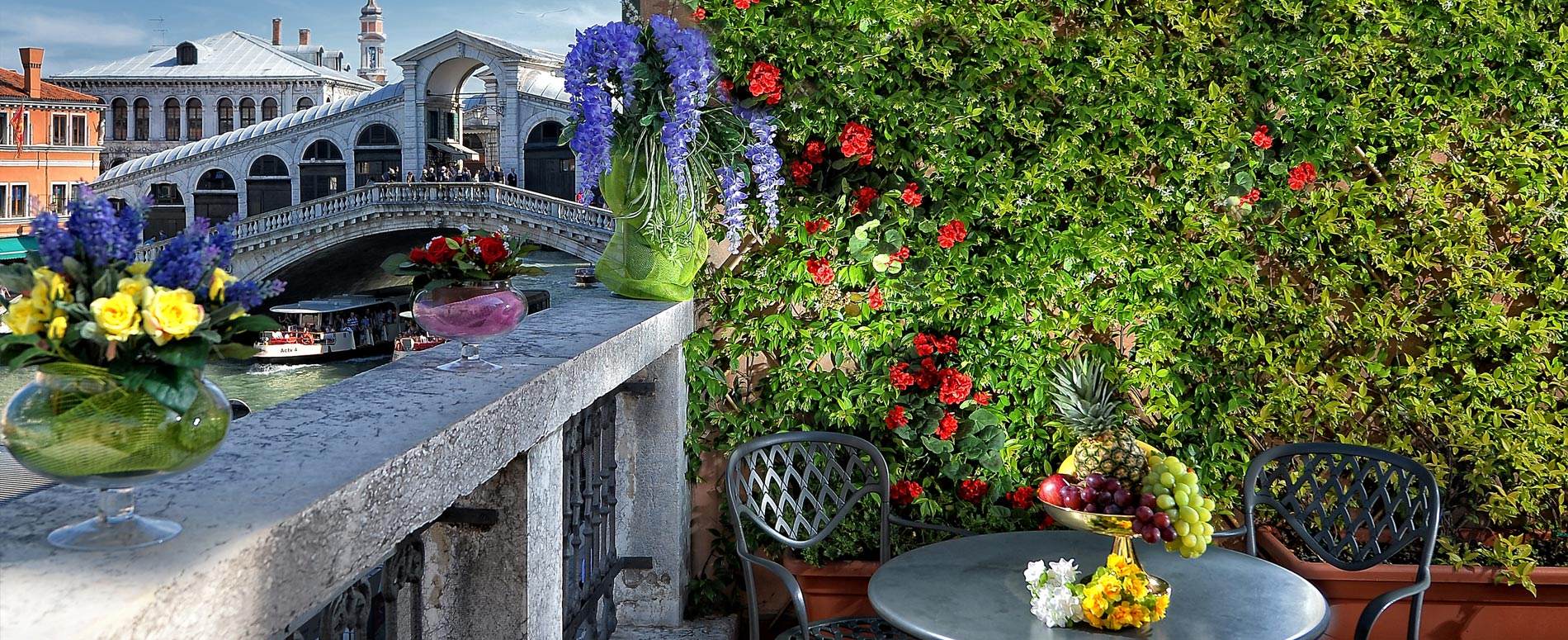
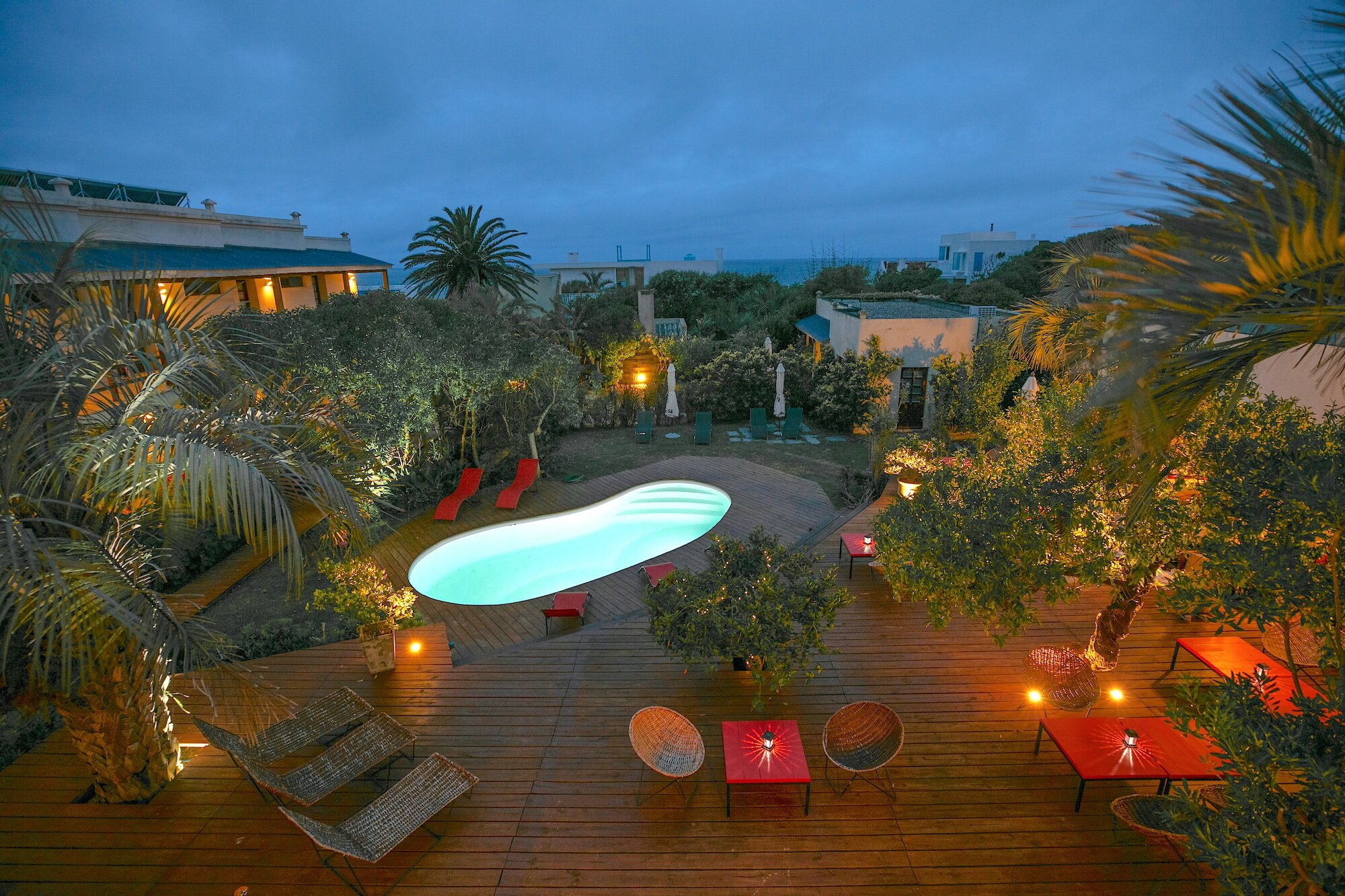
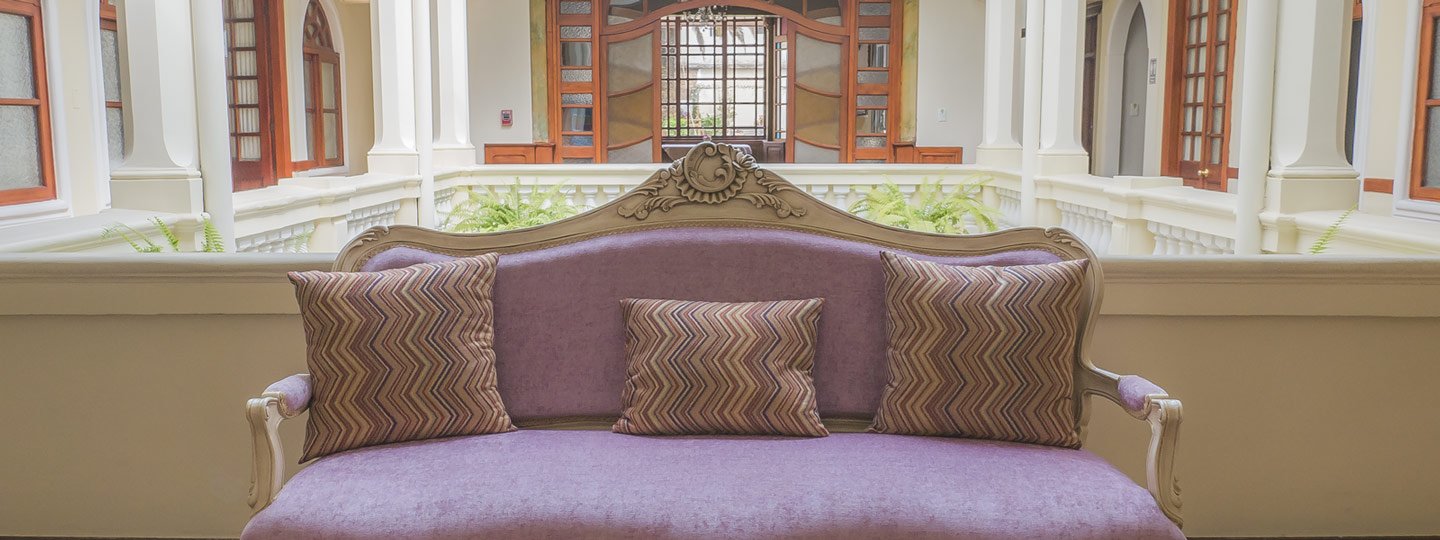
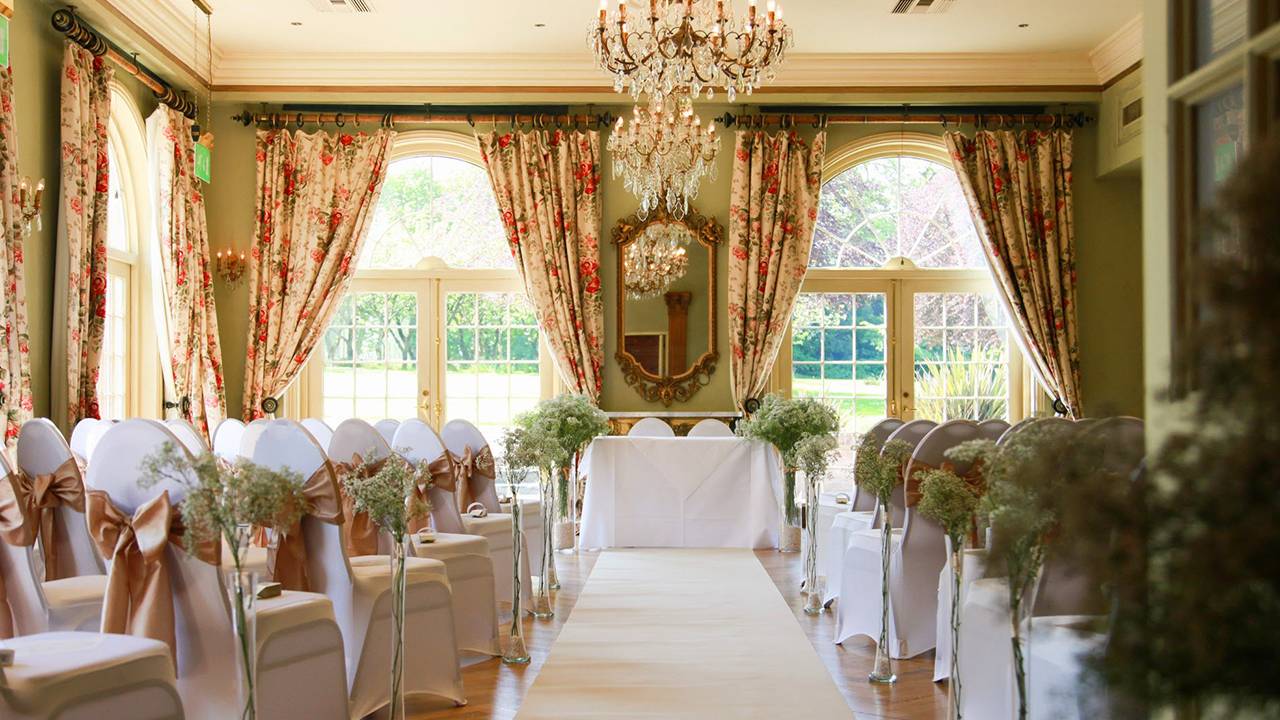
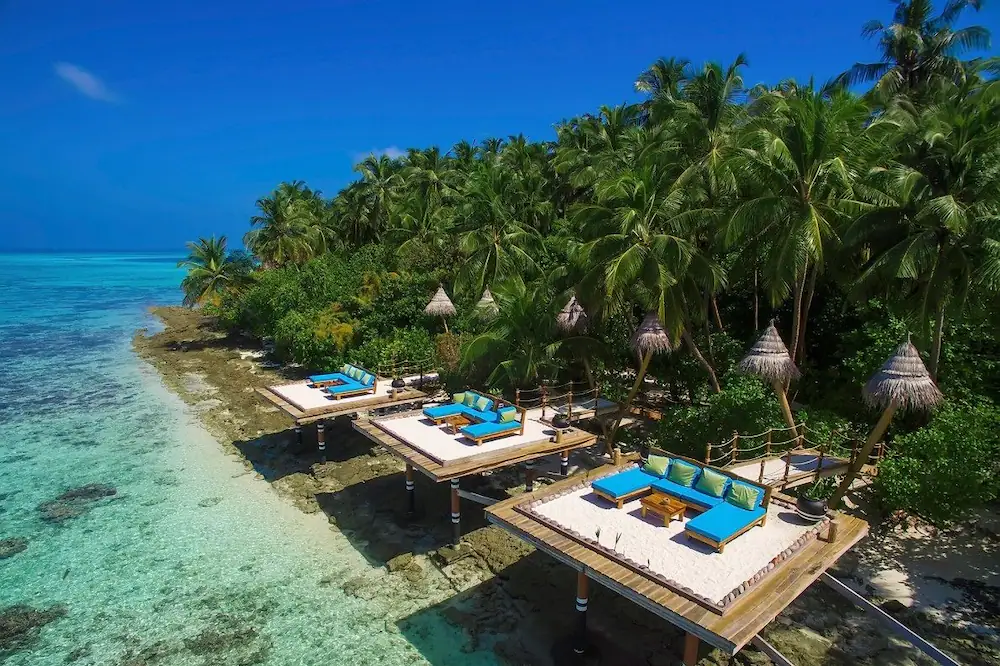
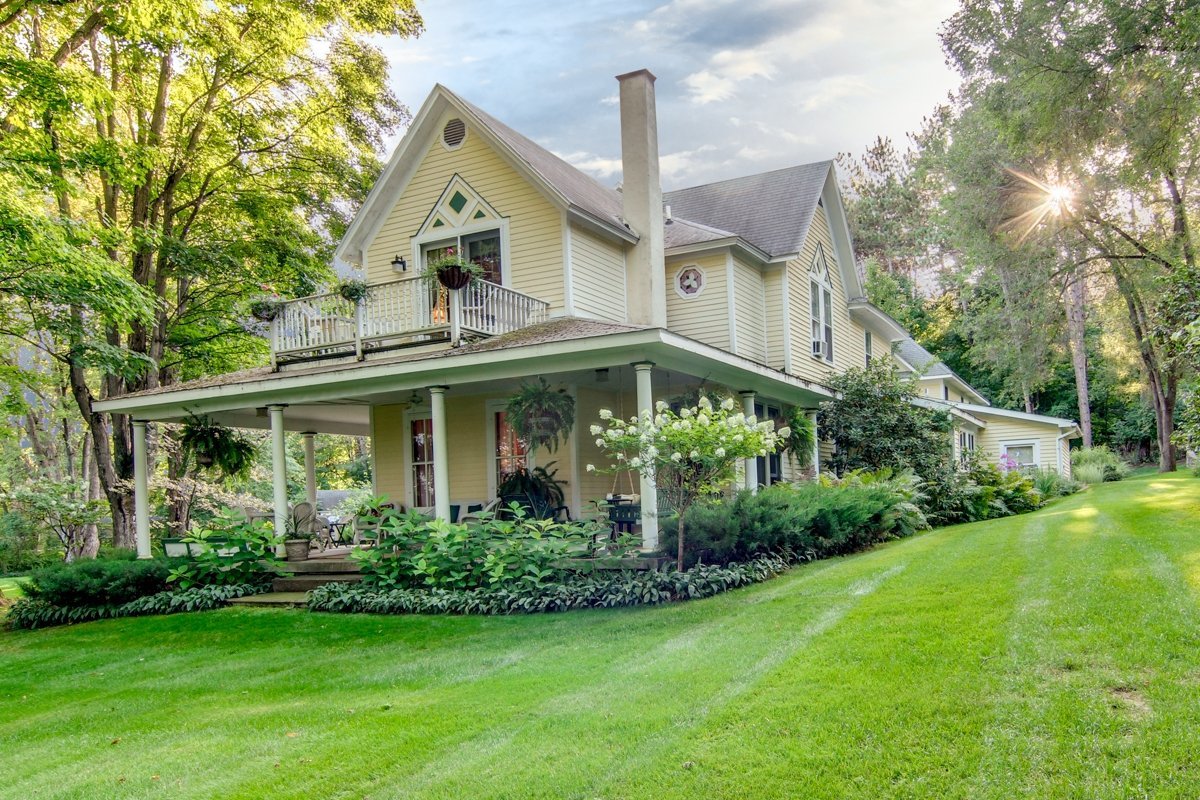
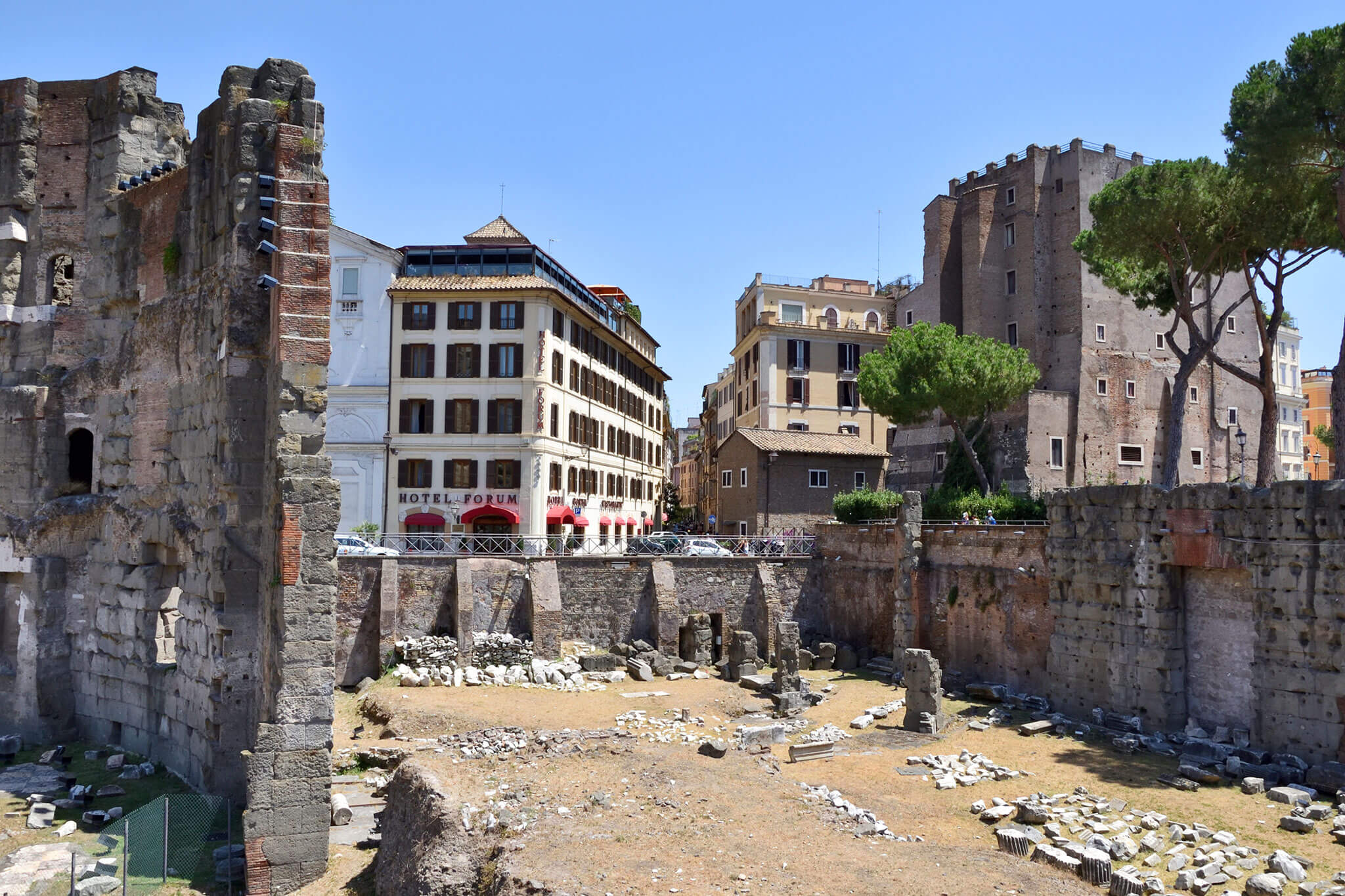
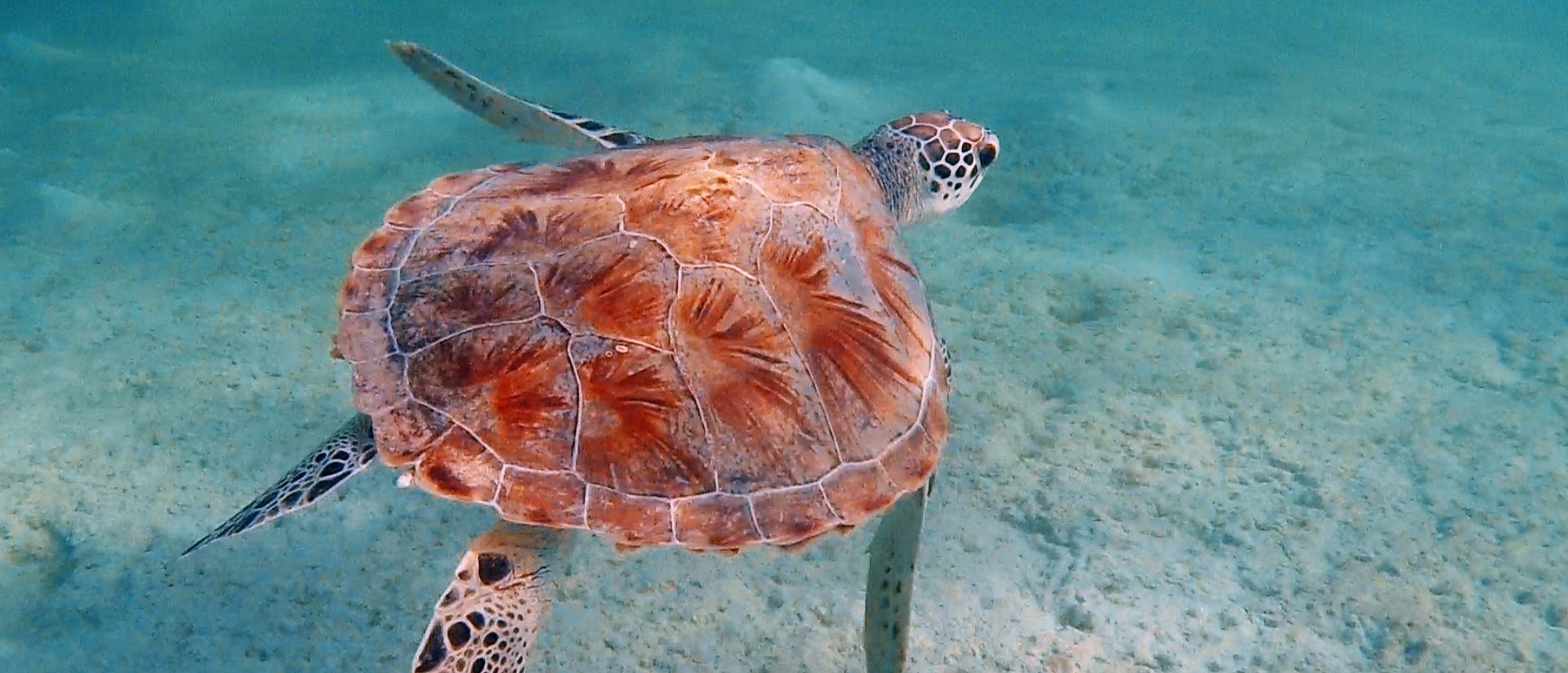
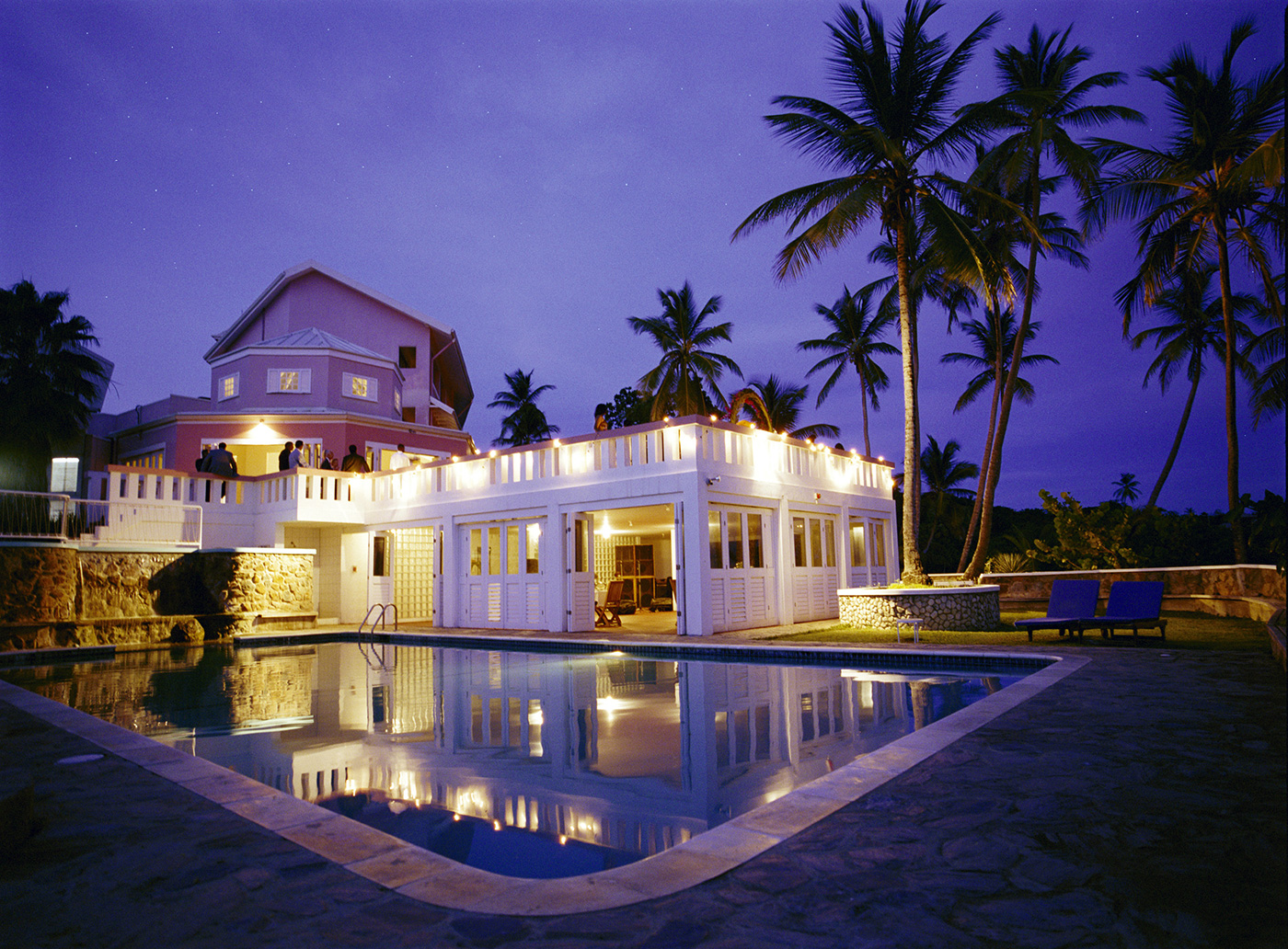
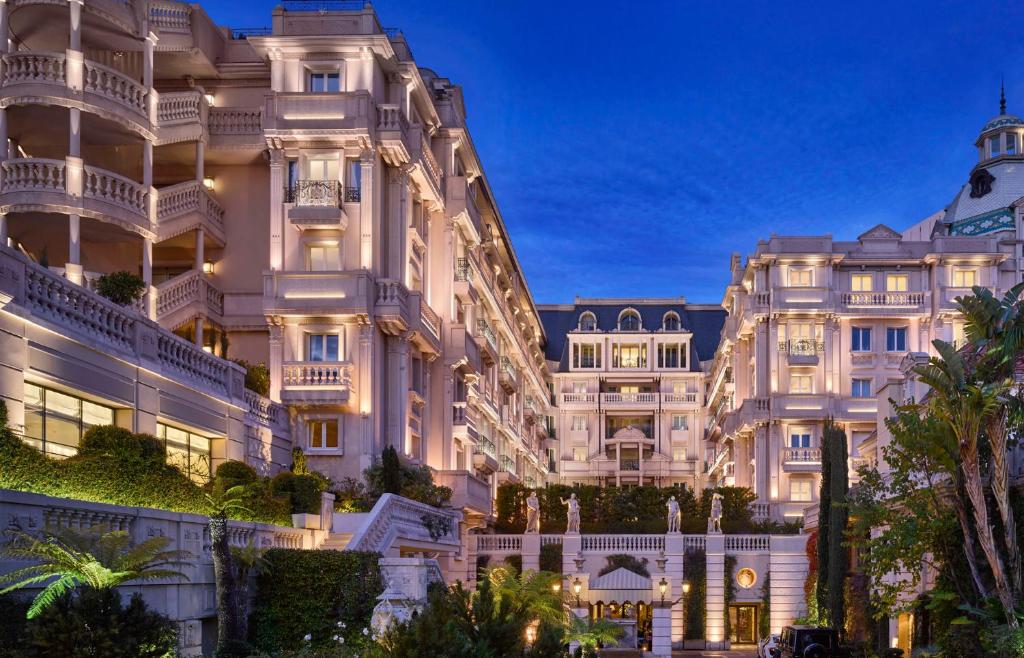
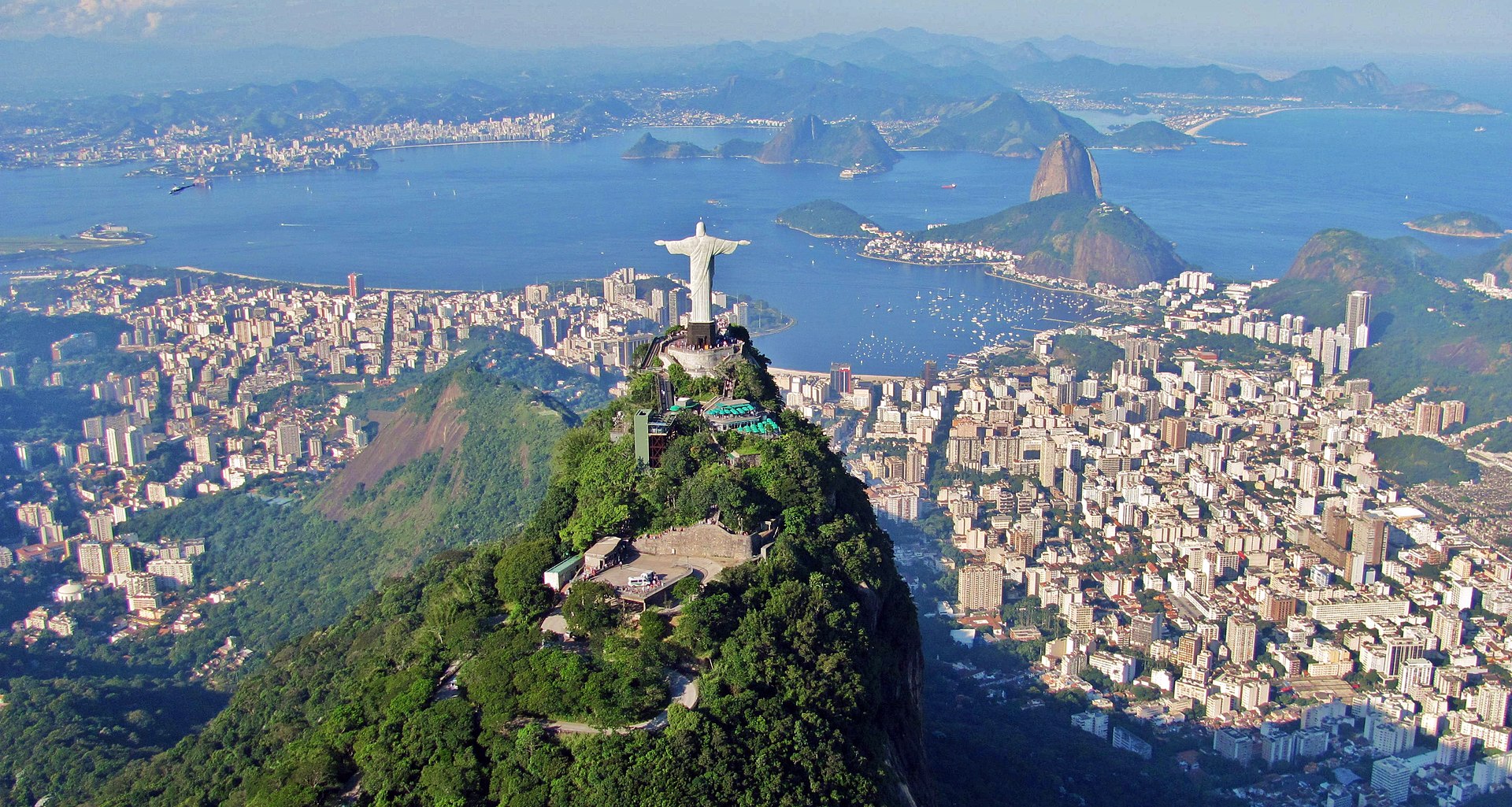
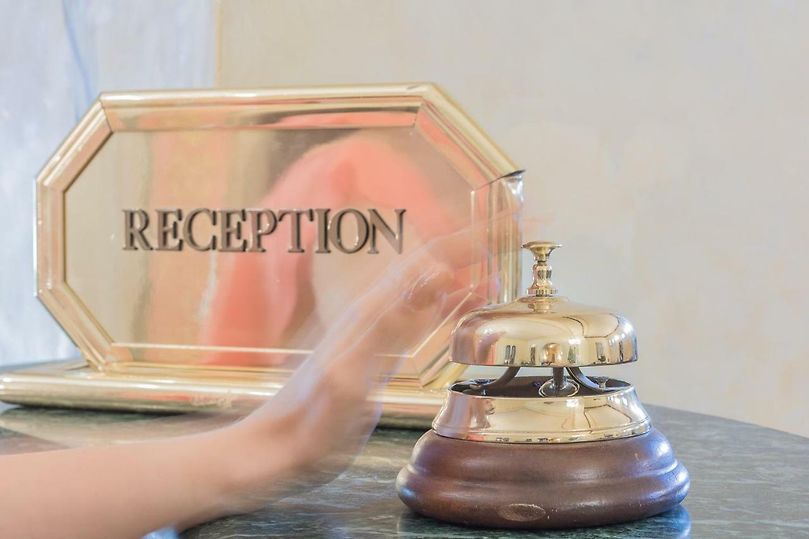
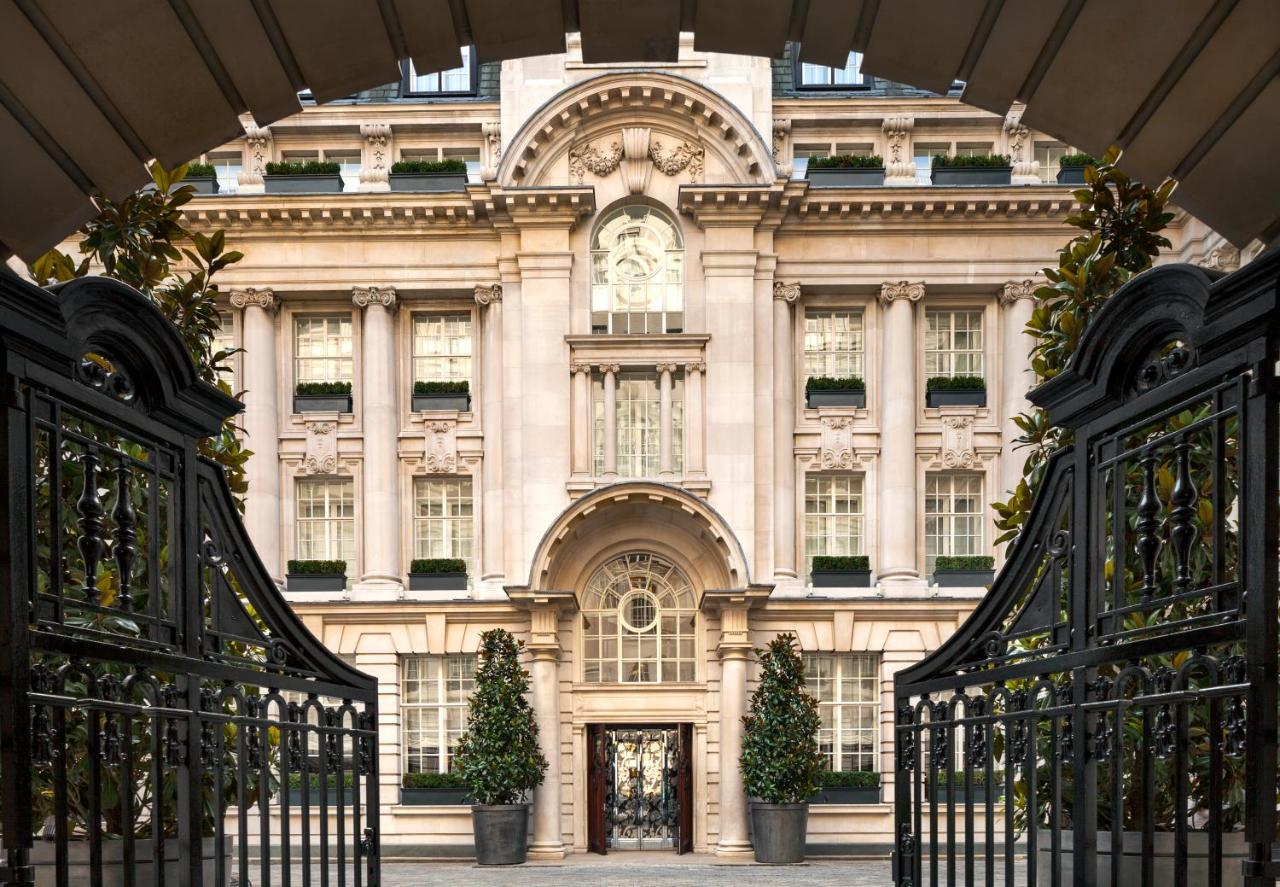
Colchester, Eastern Cape, South Africa
Agent: Cliff Jacobs - Managing Principal Estate Agent & CEO (Nat.Dpl.Hotel Man (UJ). M.P.R.E.)
Agent Cellphone: +27 (0) 84 413 1071 / +27 (0) 61 716 6951
Agent Office Number: +27 (0) 84 413 1071
Agent Email Address: cliff@exquisitehotelconsultants.com
Type: Guest House
Bedrooms: 15
Bathrooms: 10
Showers: 10
Parking: 20
Yield: Not Disclosed
TGCSA Rating:

Colchester
Colchester is a settlement in the Eastern Cape province of South Africa. It forms part of the Nelson Mandela Bay Metropolitan Municipality which governs Port Elizabeth and surrounding towns and suburbs.
Geography
The small town of Colchester lies about 40 kilometres north-east of Port Elizabeth (since 2021 renamed Gqeberha). It also lies on the N2 about 20 minutes from Gqeberha and an 1 hour from Makhanda.
It lies on the banks of the Sundays River and the south-eastern border of the Sundays River Valley region.
Addo Elephant National Park
Addo Elephant National Park is a diverse wildlife conservation park situated close to Gqeberha in South Africa and is one of the country's 20 national parks. It currently ranks third in size after Kruger National Park and the Kgalagadi Transfrontier Park.
History
The original section of the park was founded in 1931, in part due to the efforts of Sydney Skaife, in order to provide a sanctuary for the eleven remaining elephants in the area. The park has proved to be very successful and currently houses more than 600 elephants and a large number of other mammals.
Expansion
The original park has subsequently been expanded to include the Woody Cape Nature Reserve that extends from the Sundays River mouth towards Alexandria and a marine reserve, which includes St. Croix Island and Bird Island, both breeding habitat for gannets and penguins, not to mention a large variety of other marine life. Bird Island is home to the world's largest breeding colony of gannets - about 120,000 birds - and also hosts the second largest breeding colony of African penguins, the largest breeding colony being St. Croix island. These marine assets form part of the plan to expand the 1,640 km² Addo National Elephant Park into the 3,600 km² Greater Addo Elephant National Park.
The expansion will mean not only that the park contains five of South Africa's seven major vegetation zones (biomes), but also that it will be the only park in the world to house Africa's "Big 7“ (elephant, rhinoceros, lion, buffalo, leopard, whale and great white shark) in their natural habitat.
Flora and fauna
The flora within the AENP is quite varied, and like all plant life, is a central factor to the ecological system in place. Several species of rare and endemic plants, particularly succulent shrubs and geophytes are native to the South African region within the AENP. Many species are under environmental pressure, however, and are facing possible extinction.
The park is home to more than 600 elephants, 400 Cape buffaloes, over 48 endangered black rhinos (Diceros bicornis michaeli) as well as a variety of antelope species. Lion and spotted hyena have also recently been re-introduced to the area. The largest remaining population of the flightless dung beetle (Circellium bacchus) is located within the park.
Extinction and overpopulation
Two major environmental issues facing the AENP: extinction and overpopulation, which are interrelated. Since the AENP's original mission was to reintroduce certain mega-herbivores, like the African elephant and black rhinoceros, primary ecological efforts were made to preserve mammalian species. However, by overlooking the other contributors to this environmental chain, certain plant species have been subjected to overgrazing and trampling, mostly by the elephants of the park. This overgrazing and trampling not only destroys much of the plant life, but also forces it to adapt its physiology to stimuli that are not inherent to its evolutionary progress. Some biologists argue that it is not herbivorization alone that is threatening the flora, but a number of other ecological factors including zoochory and nutrient cycling. Up to 77 species of South African endemic plant species have been listed as "vulnerable to elephant browsing."
Marine protected areas
The Addo Elephant National Park Marine Protected Area and Bird Island Marine Protected Area are associated with the park.
Tourism
In 2018 the highest visitor count in the park's 87-year history was recorded. The park received 305,510 visitors between 1 April 2017 and 31 March 2018 (up from 265,585 in the previous year). International visitors make up 55% of this number, with German, Dutch and British nationals in the majority.
There is a main camp, featuring a swimming pool, restaurant, flood lit water hole and various accommodation, four other rest camps and four camps run by concessionaires. The main entrance as well as two looped tourist roads in the park are tarred while the others are graveled. There is also an additional access road through the southern block of the park feeding off the N2 highway near Colchester; it joins up with the existing tourist roads in the park.
Eastern Cape, South Africa
The Eastern Cape is one of the provinces of South Africa. Its capital is Bhisho, but its two largest cities are East London and Port Elizabeth.
The second largest province in the country (at 168,966 km2) after Northern Cape, it was formed in 1994 out of the Xhosa homelands or bantustans of Transkei and Ciskei, together with the eastern portion of the Cape Province. The central and eastern part of the province is the traditional home of the indigenous Xhosa people. In 1820 this area began to be settled by Europeans who originally came from England and some from Scotland and Ireland.
History
The Eastern Cape as a South African Province came into existence in 1994 and incorporated areas from the former Xhosa homelands of the Transkei and Ciskei, together with what was previously part of the Cape Province. This resulted in several anomalies including the fact that the Province has four supreme courts (in Makhanda, Port Elizabeth, Bhisho and Mthatha) and enclaves of KwaZulu-Natal in the province. The latter anomaly has fallen away with amendments to municipal and provincial boundaries.
The Xhosa Kingdom was one of the most powerful kingdoms in Africa and had all states in the Eastern Cape as tributaries. Any group, people or tribe that recognized the Xhosa Kingdom as Paramouncy became Xhosa, practiced Xhosa culture and used isiXhosa as their main language. Some of the tribes that fall under the category of Xhosa people include: AmaMpondo, AbaThembu, AmaMpondomise, AmaHlubi, AmaBhaca, AmaXesibe, AmaBomvana and more.
European settlers
In the late 18th century the Dutch Cape Colony slowly expanded eastwards from its original centre around Cape Town. This led to the establishment in 1786 of the Dutch settlement of Graaff-Reinet – named for the Governor of the Cape Colony Cornelius Jacob van de Graaff (in office: 1785–1791) and for his wife Hester Cornelia van de Graaff (née Reynet). Later, during the Napoleonic wars of 1803–1815, Britain took control of the Cape Colony (1806) and encouraged British citizens to migrate there as a means to boost the British population in the area.
From the early 1800s until the formation of the Union of South Africa in 1910, the Eastern Cape saw colonisation by British migrants. English settlers established most of the towns, naming them either for places in England or for the original founders. British colonisation saw schools, churches, hospitals, town centres and government buildings built to speed up development. Some of the older European settlements include: Grahamstown (1812), Port Elizabeth (1820), Salem (1820), Bathurst (1820), East London (1836), Paterson (1879), Cradock (1814) and King William's Town.
Demographics
The population of Eastern Cape Province is 6,562,053, of whom 86.3% are Black, 8.3% are Coloureds, 4.7% are White and 0.4% are Indian/Asian. A large majority of people in the province are Xhosa, with 78.8% of residents in Eastern Cape identifying as Xhosa as of 2011. Unlike most of South Africa the White population is overwhelmingly of British descent. Roughly 279,000 out of 310,000 White South Africans in Eastern Cape are English-speakers of British descent while only about 10% of Whites in the province are of Boer/Afrikaner ancestry. Eastern Cape is one of only two provinces in South Africa where British descended Whites outnumber Boers/Afrikaners, the other being Kwazulu-Natal. Port Elizabeth/Gqeberha is the largest city in Eastern Cape Province.
Law and government
The first premier was Raymond Mhlaba and the current premier is Oscar Mabuyane, both of the African National Congress. The province is served by the capital of Bhisho next to Qonce. The parliament and other important government buildings are situated in the precinct. The High Court that is superior to all courts in the region is situated in Makhanda and has local seats in Port Elizabeth, East London and Bhisho.
Geography
The Eastern Cape gets progressively wetter from west to east. The west is mostly semiarid Karoo, except in the far south, which is temperate rainforest in the Tsitsikamma region. The coast is generally rugged with interspersed beaches. Most of the province is hilly to very mountainous between Graaff-Reinet and Rhodes including the Sneeuberge (English: Snow Mountains), Stormberge, Winterberge and Drakensberg (English: Dragon Mountains). The highest point in the province is Ben Macdhui at 3001 m. The east from East London and Komani towards the KwaZulu-Natal border – a region known previously as Transkei – is lush grassland on rolling hills, punctuated by deep gorges with intermittent forest.
Eastern Cape has a coast on its east which lines southward, creating shores leading to the south Indian Ocean. In the northeast, it borders the following districts of Lesotho:
Domestically, it borders the following provinces:
Climate
Climate is highly varied. The west is dry with sparse rain during winter or summer, with frosty winters and hot summers. The area Tsitsikamma to Makhanda receives more precipitation, which is also relatively evenly distributed and temperatures are mild. Further east, rainfall becomes more plentiful and humidity increases, becoming more subtropical along the coast with summer rainfall. The interior can become very cold in winter, with heavy snowfalls occasionally occurring in the mountainous regions between Molteno and Rhodes.
Tourism
The Addo Elephant National Park, situated 73 kilometres (45 mi) from Port Elizabeth, was proclaimed in 1931. Its 743 km² offers sanctuary to 170 elephants, 400 Cape buffalo and 21 black rhino of the very scarce Kenyan sub-species.
The province is the location of Tiffindell, South Africa's only snow skiing resort, which is situated near the hamlet of Rhodes in the Southern Drakensberg. It is on the slopes of Ben Macdhui, the highest mountain peak in the Eastern Cape (3001 m).
The National Arts Festival, held annually in Makhanda, is Africa's largest cultural event, offering a choice of the very best of both indigenous and imported talent. Every year for 11 days the town's population almost doubles, as over 50,000 people flock to the region for a feast of arts, crafts, music and sheer entertainment.
Jeffreys Bay is an area with some of the country's wildest coastline, which is backed by some of Africa's most spectacular sub-tropical rainforest. The waters here are noted for having "supertubes", good waves for surfing.
Aliwal North, lying on an agricultural plateau on the southern bank of the Orange River, is a popular inland resort known for its hot springs.[citation needed]
The rugged and unspoilt Wild Coast is a place of spectacular scenery. The coastal areas have been a graveyard for many vessels.
Whittlesea, Eastern Cape, situated in the Amatola Mountains, is known for the first wine estate in the province.
Qonce, Alice, Komani, Makhanda, Cradock and Fort Beaufort offer some of the best colonial architecture of the 19th century in the province. One is spoilt to choose between two major cities lining the coast, East London and Port Elizabeth.
Economy
The Eastern Cape is the poorest province in South Africa and has the highest expanded and official unemployment rate in the country. Subsistence agriculture predominates in the former homelands, resulting in widespread poverty. A multi billion Rand industrial development zone and deep water port are being developed in Coega to boost investment in export-oriented industries. Overall the province only contributes 8% to the national GDP despite making 13.5% of the population. The real GDP of Eastern Cape stands at an estimated R230.3billion in 2017, making the province the fourth largest regional economy in SA ahead of Limpopo and Mpumalanga.
Agriculture
There is much fertile land in the Eastern Cape, and agriculture remains important. The fertile Langkloof Valley in the southwest has large deciduous fruit orchards. In the Karoo there is widespread sheep farming.
The Alexandria-Makhanda area produces pineapples, chicory and dairy products, while coffee and tea are cultivated at Magwa. People in the former Transkei region are dependent on cattle, maize and sorghum-farming. An olive nursery has been developed in collaboration with the University of Fort Hare to form a nucleus of olive production in the Eastern Cape.
Domestic stock farming is slowly giving way to game farming on large scale. Eco-tourism is resulting in economic benefits, and there is lower risk needed to protect wild, native game against drought, and the natural elements. Habitat loss and poaching pose the greatest problems.
The area around Stutterheim is being cultivated extensively with timber plantations.
The basis of the province's fishing industry is squid, some recreational and commercial fishing for line fish, the collection of marine resources, and access to line-catches of hake.
Industry
With three import/export harbours and three airports offering direct flights to the main centres, and an excellent road and rail infrastructure, the province has been earmarked as a key area for growth and economic development in modern South Africa.
The two major industrial centres, Port Elizabeth and East London have well-developed economies based on the automotive industry. General Motors and Volkswagen both have major assembly lines in the Port Elizabeth area, while East London is dominated by the large DaimlerChrysler plant, now known as Mercedes-Benz South Africa.
Environmental-friendly projects include the Fish River Spatial Development Initiative, the Wild Coast SDI, and two industrial development zones, the East London Industrial Development Zone and the Coega IDZ near Port Elizabeth. Coega is the largest infrastructure development in post-apartheid South Africa. The construction of the deepwater Port of Ngqura was completed and the first commercial ship anchored in October 2009.
Other sectors include finance, real estate, business services, wholesale and retail trade, eco-tourism (nature reserves and game ranches) and hotels and restaurants.
This river lodge lies on the banks of the beautiful Sundays River and only 2 minutes drive from the Addo Elephant National Park. Easily reached from the N2 it is in the best location for game, coastal or river activities.
Extensive lawns stretch down to our jetty where across the river unspoilt, natural bush is the habitat of Kudu, Bushbuck, Water Mongoose and Cape Clawless Otters. Port Elizabeth and its airport are only half an hour away, and in the opposite direction the historic, university town of Grahamstown would take the traveller a mere 45 minutes.
We offer a choice of 6 luxurious rooms, 5 of which enjoy stunning river views. Guests may choose from ground floor rooms opening onto private patios and the riverbank or impressively large, thatched upstairs rooms, each with its own thatched deck. Breakfasts cater to all tastes and include both a full English and Health breakfast. Home-made jams and freshly baked bread are to be found on your table every morning.
We also have a self-catering cottage (sleeps 4) and a self-catering house (sleeps 6), for families or a group of friends. If you prefer a smaller room (sleeps 3) that is semi-self catering, then you are welcome to book.
Management will plan and book your game drives, safaris and boat trips, offering guidance and suggestions to ensure your stay is a memorable one.
About our Guest House/Game Lodge
Green
Kermit the Frog once sang, "It isn't easy being green ......" and here in Africa with the constant sunshine and little or no rain it's even less easy,
BUT......we've discovered that following the trail nature creates is the answer, and we do our utmost to help her maintain that balance. Every creature in our garden plays a vital role and for this reason we use NO INSECTICIDES! Bad stuff! The indigenous trees we planted 12 years ago are now home to an abundance of bird life and the insects they feed on.
While you sleep the peaceful sleep of dreamland, owls eat mice: bats eat mosquitoes, and the compost heaps are quietly nourishing the soil.
The rain that falls occasionally and softly is collected from the roofs in tanks and used to irrigate fruit trees, salads, herbs and the vegetable garden. We often joke that we have the cleanest grass in the world! Your shower water is directed towards the lawns and the Kikuyu Grass seems to thrive on it. When beetles arrive to munch on the mango flowers they are picked off by hand. Plants such as herbs, marigold and nasturtiums are scattered throughout the food garden to deter bad insects and disease.
Our FRUIT TREES are maturing nicely and provide us with a steady flow of fruits for the table: Paw-paw (Papaya), pomegranate, mango and passion fruit. Huge stately fig trees, lemon and lime, grapefruit, orange and satsumas. Even the humble Num-num shrub has a place in our garden. Its fruit is loved by birds and makes a most excellent jam. All of our jams are made personally by by one of the owners from the garden fruit.
Food On The Table
At breakfast time you will begin with bowls of fresh fruit from the garden, individually prepared. Your own loaf of home-baked bread, warm from the oven. Your own tray of home made jams. Select from our extensive hot menu but first..........a cup of our special coffee. Our own blend, hugely popular. We promise you'll be holding up your cup for more.
After you have mopped up the last of your cheese and mushroom omelette, crispy bacon, warthog sausages and spicy beans, (tomatoes and onions too. Did I mention they were from the garden?) it's time for just one more cup of coffee and out to the Addo Elephant National Park. If you are climbing aboard our game viewing vehicle your ranger will be taking along a packed lunch for you as well as snacks and drinks for the ride. Our hams are also home cured so be sure to ask for this in your lunch box.
If you have arranged for our 3-course evening meal on your return, this will be served at 7 p.m. Candle-lit tables, a complimentary glass of wine and soft music set the scene. The menu will be of a South African flavour with some of our favourite dishes. This food is freshly prepared and cooked.
Tours & Activities
Addo Alive Game Drives
Game drives to the Addo Elephant Park are in our own open game-viewing vehicle with superbly comfortable seats. Your Game Ranger is a fully qualified game guide and his knowledge and professionalism is impressive. If those animals are there, he WILL find them!
Full Day Game Drives to Addo Elephant Park can also be arranged with lunch provided.
Guests will pay a once-off fee which will include entrance to the park, snacks and drinks.
Ocean Safari
Spend a morning out in the bay visiting the islands. See bottle-nosed dolphins by the hundreds leaping alongside the boat. Also to be spotted are African Penguins, various whales, seals and gannets dive-bombing for fish. This exhilarating activity is followed by lunch in the yacht club.
River Activities
Our Sundays River is one of the cleanest in Southern Africa, often hosting swimming and angling competitions.
Sunset river boat cruises can be arranged (3 hours), with a knowledgeable Skipper. A finger supper (also cater for Vegetarians) and cold drinks are provided. (Enough not to still go out for Supper). Take your own bottle of wine and depart and return from our own Jetty, +-50 metres from the lodge.
Sand-boarding, sand-sledding and fishing trips can be arranged.
Where to eat?
Our Accommodation
Room 1
Room 2
Lovely double room with a view of the Sundays River. King size bed or Twin beds Including a scrumptious Breakfast.
Room 3
Lovely double room with a view of the Sundays River. King size bed or Twin beds Including a scrumptious Breakfast.
Room 4
Luxury first floor room with stunning river views Deck En-suite.
Room 5
Luxury, thatched, first floor room, with stunning river views. Large deck to watch the beautiful sunsets Full en-suite.
Room 6
Sleeps 3 people King size bed and a single or can be converted into 3 single beds. No view! Only of the entrance to the lodge through the window.
Self-Catering Garden Cottage
Self-catering cottage Own entrance and small yard with a braai (barbeque) Small patio Lounge open plan kitchen, two bedrooms (King size bed and two single beds), one shared full bathroom.
Lion View Cottage
Open plan semi-self catering room with fridge and microwave and crockery. Sleeps 3, King size bed and one single bed. Small courtyard.
Davenport House
A beautiful, up-market 3-bedroom thatched double storey self-catering home for accommodation. Downstairs: Open plan lounge, dining room, kitchen and a guest toilet. One large bedroom and a full en-suite Upstairs: On the platform is a large open plan room where there is comfortable chairs and a queen size bed, which leads through to the main bedroom. One shared bathroom (shower, basin and toilet).
Our Facilities
Great reading material is to be found in the double volume lounge along with comfortable couches and chess sets. Relax in our solar-heated swimming pool or in the shade of the thatched "lapa". We have our own floating jetty on the river from which you can spend time fishing, swimming or watching the ducks and fish. Weaver Birds make their nests here in the reeds.
Safe parking within the grounds.
Our facilities feature a private dining room and all rooms offer:





















































Cliff Jacobs (Nat Dpl Hotel Man (UJ). MPRE. GA Level 5 TEFL) Managing Principal / CEO Exquisite Hotel Consultants (Pty) Ltd Mobile: +27 (0) 84 413 1071 / +27 (0) 61 716 6951 Email: cliff@exquisitehotelconsultants.com Web: https://www.exquisitehotelconsultants.com © All rights reserved Terms and Conditions apply Scroll down to view our Hospitality Properties and Businesses for sale or lease or lease-to-buy or partnership arrangement or management agreement arrangement.